Remodeling
Overview
Remodeling residential homes can be a pretty straightforward task and doesn’t have to take a lot of time. However, the most important thing when it comes to home remodeling projects is to understand what you are doing and the magnitude of the project.
- Kitchen Remodel
- Bathroom Remodel
- Home Remodeling
- Structural Upgrade
- Room Expansion
- Appliance Upgrade
- Kitchen Cabinetry
- Outdoor Kitchen
- Countertop
- Repainting
- Tile Installation
- Flooring
- Drywall
How Much Does It Cost To Remodel?
Residential remodeling involves making changes or improvements to an existing residential property. The price of residential remodeling can vary. Remodeling can include renovations, additions, or alterations to the structure or layout of a home, as well as updates to its fixtures, finishes, and systems. The scope of residential remodeling can vary greatly, from small cosmetic updates to major renovations that involve structural changes. Some common types of residential remodeling projects include kitchen and bathroom renovations, room additions, and exterior updates such as roofing, siding, or landscaping. The home remodeling process typically involves planning, design, obtaining necessary permits, and construction work carried out by skilled contractors here at Rybak Construction. If you are fortunate to live in the Cape Coral FL area give us a call today for a free in house estimate.
Rybak Construction is a leading remodeling contractor in Cape Coral, FL and the surrounding areas. We specialize in providing high-quality kitchen and bathroom remodeling services to homeowners looking to revamp and upgrade their homes.
Kitchen and Bathroom Remodeling
As a company, we understand that the kitchen and bathroom are two of the most important and frequently used spaces in any home. It is why we always strive to provide our clients with top-notch remodeling services that will not only enhance the overall aesthetic of their homes but also improve functionality and add value to their properties.
Bathroom Remodels
One of the main types of remodeling services we offer is bathroom remodels. We have a team of experienced and skilled contractors who have a keen eye for detail, and our goal is to transform your bathroom into a luxurious and relaxing space. We offer a variety of bathroom remodel ideas, ensuring that we cater to different styles and preferences. Whether you want a contemporary, modern, or traditional bathroom, we have got you covered.
Kitchen Remodeling
At Rybak Construction, we also specialize in kitchen remodels. As one of the leading kitchen remodelers near you, we offer custom designs and plans, working closely with our clients to bring their dream kitchens to life. We understand that the kitchen is the heart of the home, and our goal is to create a space that is not only beautiful but also functional for daily use.
Cape Coral And Surrounding Areas
We are conveniently located, making us easily accessible for homeowners searching for “remodeling contractors near me” or “bathroom remodel near me” or “kitchen remodel near me”. Our proximity allows us to serve clients in both Cape Coral and the surrounding areas, ensuring that they have access to high-quality remodeling services at all times.
Home Remodeling Contractors Near Me
As home remodeling contractors near you, we have the necessary skills, expertise, and resources to handle projects of all sizes. Whether you want a small bathroom remodel or a complete home renovation, we will provide the same level of dedication and attention to detail.
Full Home Remodeling Services
In addition to bathroom and kitchen remodels, we also offer other home remodeling services, including pool remodeling, staircase remodeling, and more. Our skilled and experienced contractors have the expertise to transform any space in your home into your desired vision.
Steps To Residential Remodeling
Set a budget
Come up with a final number on how much you can comfortably spend on the renovation, says Better Homes and Gardens. It may be a good idea to check out Remodeling Magazine’s annual Cost vs. Value Report to see how much average projects cost. Consider budgeting an extra 10 to 20 percent for unexpected costs that may arise.
Hire a contractor
If you enter into a contract that clearly defines the scope of work up front, it can serve as a useful reference point for you and your contractor throughout the renovation process. We at Rybak Construction hold your hands along every step of the home remodeling process.
Talk to your insurance company
Consider contacting your insurance company before and after your project to make sure you have the amount of coverage that fits your needs. Your home renovation will raise your home’s value so be sure to increase your insurance coverage. You’ll also want to make sure your contractor has proper insurance.
Secure permits and order materials
Permits are typically required in many municipalities, and can be critical to avoid certain issues that could impact your project. . Make sure your contractor checks your municipality’s latest regulations, since inspection rules change and vary in different locations, says Houzz.
Once you have the permits sorted out, you may also want to start ordering the necessary materials like lumber, drywall, new windows and doors, etc.
Start demolition
Once all your materials arrive at the job site and have been inspected, it’s demolition time.
Work behind the walls
Generally, this is the time for critical work behind walls, below floors, and above ceilings — plumbing, electrical, heating and air conditioning rough-ins, subfloors and insulation, says Better Homes and Gardens. Next, patch, hang drywall, tape and sand for smooth exterior surfaces.
Paint and install flooring
Some contractors may want to finish flooring first, while others prefer to prime and paint before working on the floor (to help prevent spills from getting on new flooring), says The Spruce. The order may also depend upon your contractors’ schedules.
Install cabinetry
Now that walls and floors are in, the room begins to resemble its finished state. Cabinets are typically installed after walls and floors. Upper cabinets are installed before lower ones.
Add finishing touches
It’s time to add those last details and decorations — final painting, backsplashes, floor sealing, light fixtures, hardware and any other touch-ups.
Once a renovation is complete, be sure to take a moment to enjoy your new surroundings, and maybe even start dreaming of your next project.
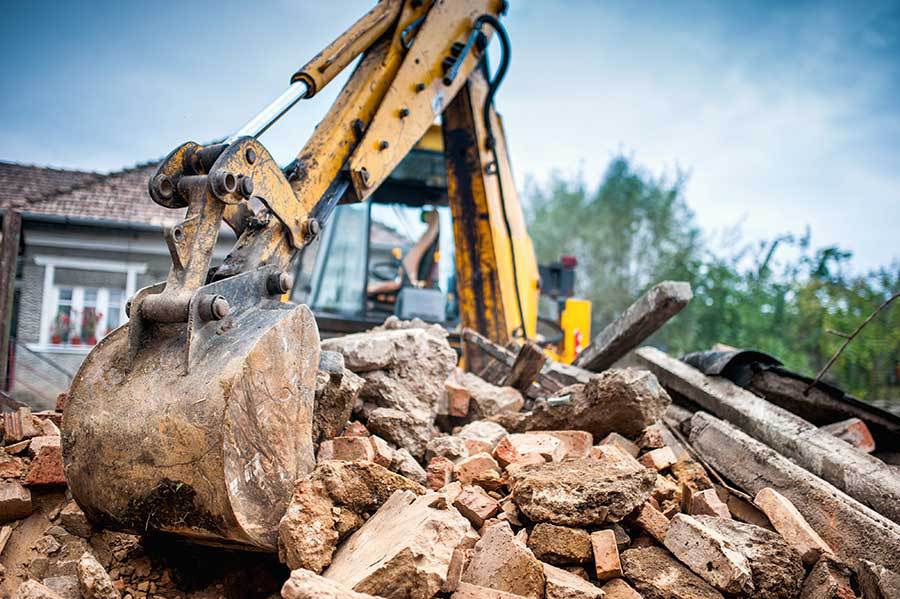
1. Get the right contractor
The first step in the house demolition process is to find a licensed and insured contractor to assist you with your project. Your potential candidates can also meet at the site to discuss possible solutions with you.
2. Inspection
- Lead paint
- Asbestos
- Rotten wood
- Mold
- Other hazardous materials
3. Get the relevant permits
You will typically need a permit before you can demolish your house. In most cases, you can obtain the permit from your local authority offices or on their website if they provide for such measures. You may also have to adhere to rules related to notifications, noise, hours of demolition, or disposal of debris set by City Hall.
4. Disconnect any existing services
There are certain utilities and services that must be disconnected prior to demolition, some of which include sewerage, electricity, water, and gas.
5. Make the area safe for others
Other than shutting off the utilities, be sure to ensure that the adjacent walkways and buildings are protected. You can do this by putting up temporary fencing.
6. Make arrangements for salvage
In case you have salvageable materials in the home, you should work with your contractor to recover reusable or recyclable materials. Depending on the situation, you can sell or donate such items.
7. Tear down the home
This process can take several days depending on which deconstruction method you ultimately decide on. In most cases, it involves the use of a hydraulic excavator to tear down the house and to put away debris into a dumpster or truck.
8. Clear all the debris
Once the demolition is over, make sure you clear all the debris to leave the site clean.
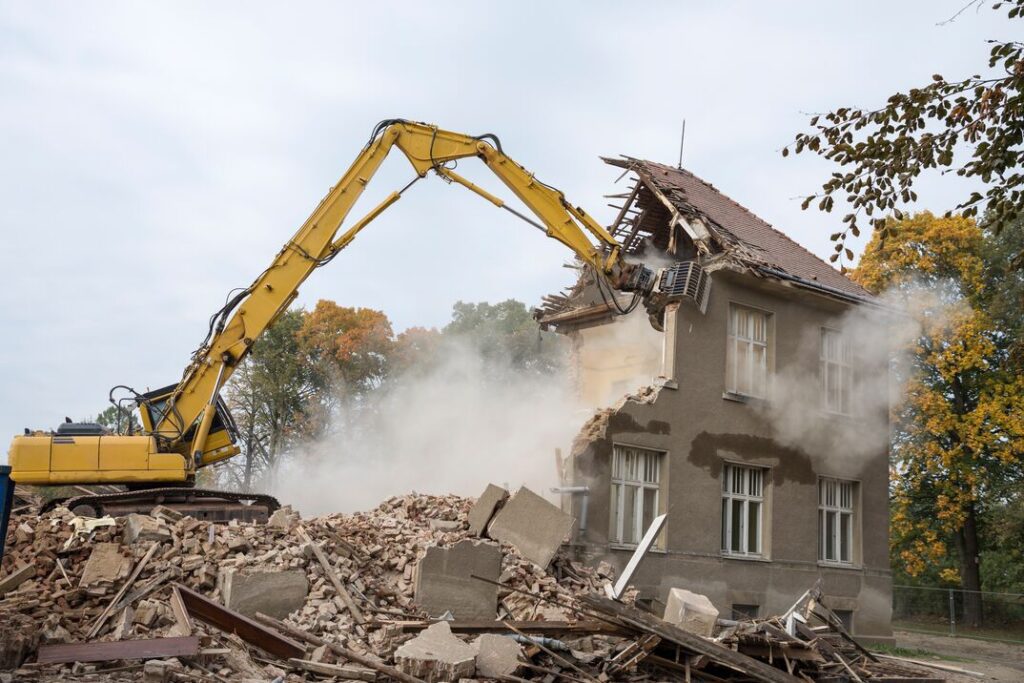
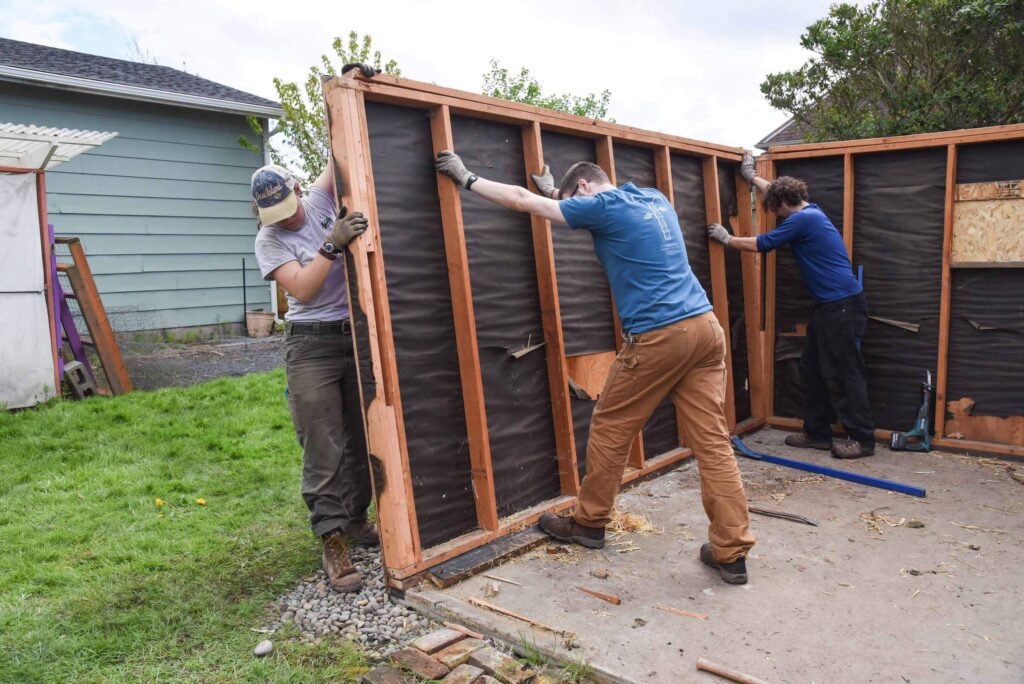
Our Core Values
Avoid These 6 Red Flags When Hiring a Contractor
There are risks involved when hiring a contractor, so skipping some of the bases and crossing your fingers when hiring a contractor is not an ideal approach.
-
Unable to Verify References
While we would like to think that all contractors are good, honest, straightforward people, that just isn’t always the case. This is why it’s so important to do your research instead of simply hiring a contractor based on face value or his word alone. Don’t be afraid to ask a contractor for a list of references. If they give you an excuse or anything other than references from past projects—and a happy-to-do-it attitude—avoid moving forward with that contractor. Once you have a list of referrals, don’t stop there; reach out to several of them to ask them about their experience.
Don’t just ask general questions, get specific:
- What project did they do for you?
- What was your overall experience like?
- Did they abide by the terms and conditions of the contract?
- Was the project completed to your satisfaction and on time?
- Did they complete the project within the agreed budget?
- Were they easy to communicate with?
- Would you recommend them?
-
A Vague or Non-Existent Contract
One of the biggest and most detrimental mistakes a homeowner can make when hiring a contractor is failing to get everything—and we mean everything—hashed out and in writing. It can be easy to lose sight of all your questions (and follow-up questions) once you get on the phone or speak with the contractor in-person. So, make sure to have a running list of details you’ll need to nail down before being able to decide whether or not this is the right contractor for you and your project.
A contract is legally binding and once it’s signed, you’re stuck with it.
At the bare minimum, it should include:
Project Details & Guidelines
- An in-depth description of the project, including the scope of the work, the materials/equipment that will be used, who will be at the job site (working and/or supervising)
- Project start date and estimated date of completion (If your project is on the larger, more complicated side, outline various completion dates for each stage of the project. This will make sure the project stays on track.)
- A protocol for handling any changes that may arise, whether due to new work orders, unforeseen issues, or cancellations
Budget & Payment Schedule
- An estimate and the work/materials that the estimate includes
- A clear-set schedule for payment (Ideally, you will pay a small portion of the overall price upfront, and then you will pay for the work as it is completed.)
You should never sign a contract unless you can confidently say, ‘yes’ to the following questions:
- Did I thoroughly research this company and determine they are qualified to do this work to my expectations?
- Does this contractor clearly understand my vision, budget, and timeline for this project, and is this information explicitly outlined in the contract?
If a contractor hesitates to provide a written contract that meets your standards, avoid hiring that contractor, or at the very least, go back and forth with them until the contract is up to snuff.
-
A Too-Good-To-Be-True Price
We all love a good price. However, unlicensed and unqualified contractors may take advantage of unsuspecting homeowners under the guise of a great deal. A little research will reveal that this contractor has bad customer reviews, little to no experience doing the work, or they’re simply not qualified or licensed to do the work.
While a good price is important, it isn’t the end all be all when it comes to hiring a contractor.
Make sure you don’t lose sight of the big picture when shown a low price. The best contractor will offer a balance of skill, experience, and positive customer reviews with reasonable pricing.
-
Asking to pay the full price upfront or in cash
Avoid paying a contractor in cash. If a contractor asks you to pay for the entire project upfront, take a step back (or turn around and run). It’s completely normal to pay for a small percentage of the project before it begins (think 30-50%), but a contractor asking you to pay for any more than half of the project at the start is a cause for concern.
Likewise, a contractor who insists on receiving all payments in cash could potentially be up to no good.
A reputable business will have no problem accepting multiple forms of payment. For the sake of proof of payment, we always recommend paying with a debit or credit card, check, or money order.
-
No insurance
The importance of insurance cannot be overstated. If your contractor doesn’t have adequate insurance, you could be the one left responsible should a worker be injured or something else goes wrong during the project.
Another way to protect yourself is to obtain a waiver of lien from your contractor and each subcontractor that will be working on your project to ensure that they cannot file a lien against your property.
This will protect you should the contractor fail to pay the subcontractors, who then decide to file a lien on your property, demanding more payment from you.
-
Not licensed
Along the same lines as insurance, a contractor should be properly licensed to perform the work in that state. These licensing laws are designed to protect property owners from negligent or dishonest contractors. Depending on your state’s licensing laws, it could be relatively simple to acquire a contractor’s license. That said, it still acts as a basic indication that your contractor may be qualified to do the work. Different licenses are required for different types of work, so make sure your contractor has the necessary licensing to assist in your project. Also, make sure you understand the difference between a contractor’s bond, license, and insurance.
100% Free Estimate
Do you need Residential or Commercial services completed?
What category of service do you need completed?
Residential
Commercial
Please click the “Request Estimate” button on the service page of the landscaping service you wish to hire Rybak Construction. Once the form is completed you will hear back from us within 2 hours. It takes less than 30 seconds to fill out the 100% Free Estimate form which includes:
- your address of the location you wish the service to be completed
- your phone number
- your email
Residential
Commercial
General Contractor

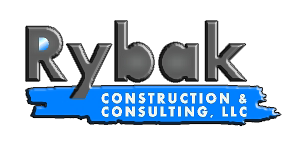
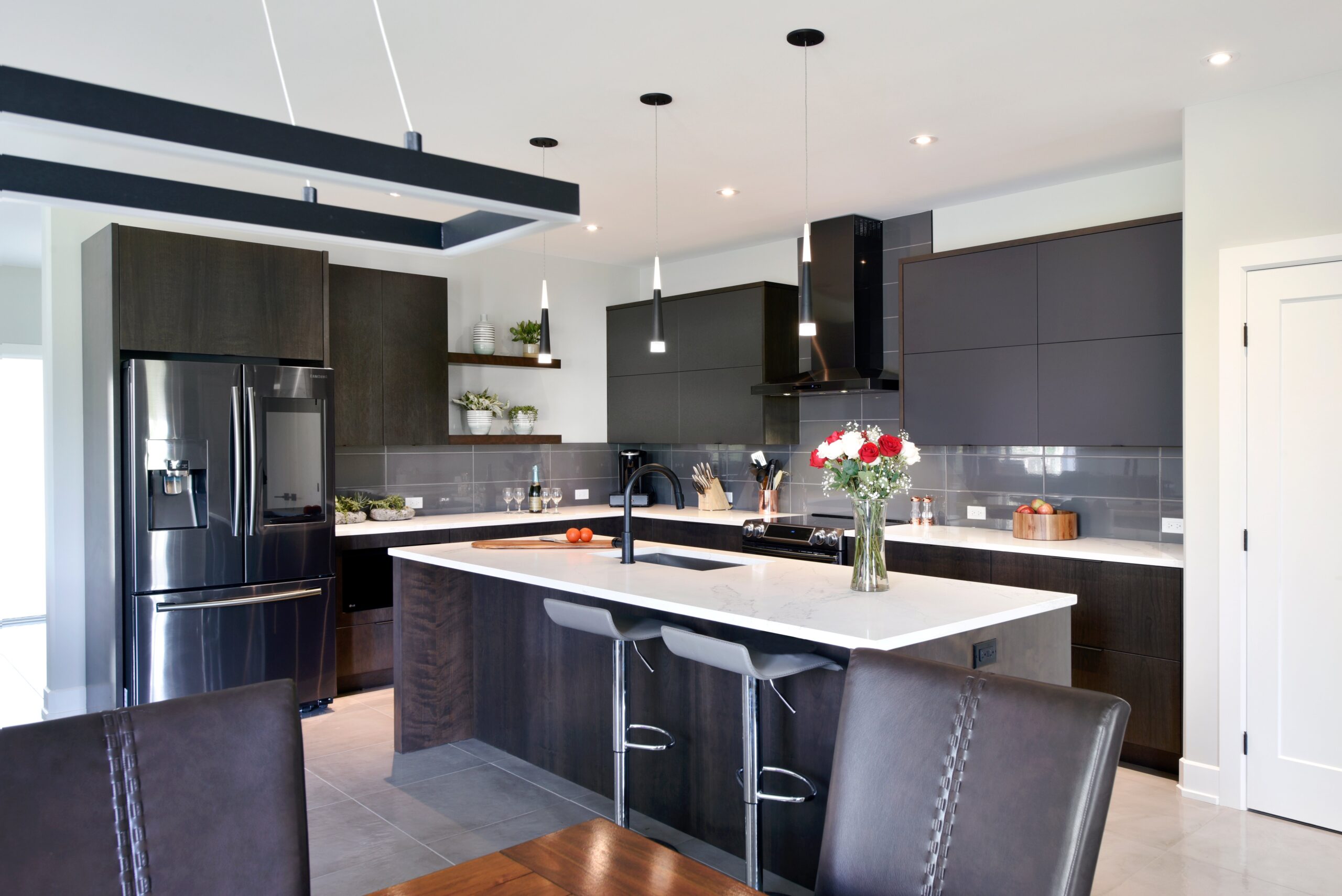
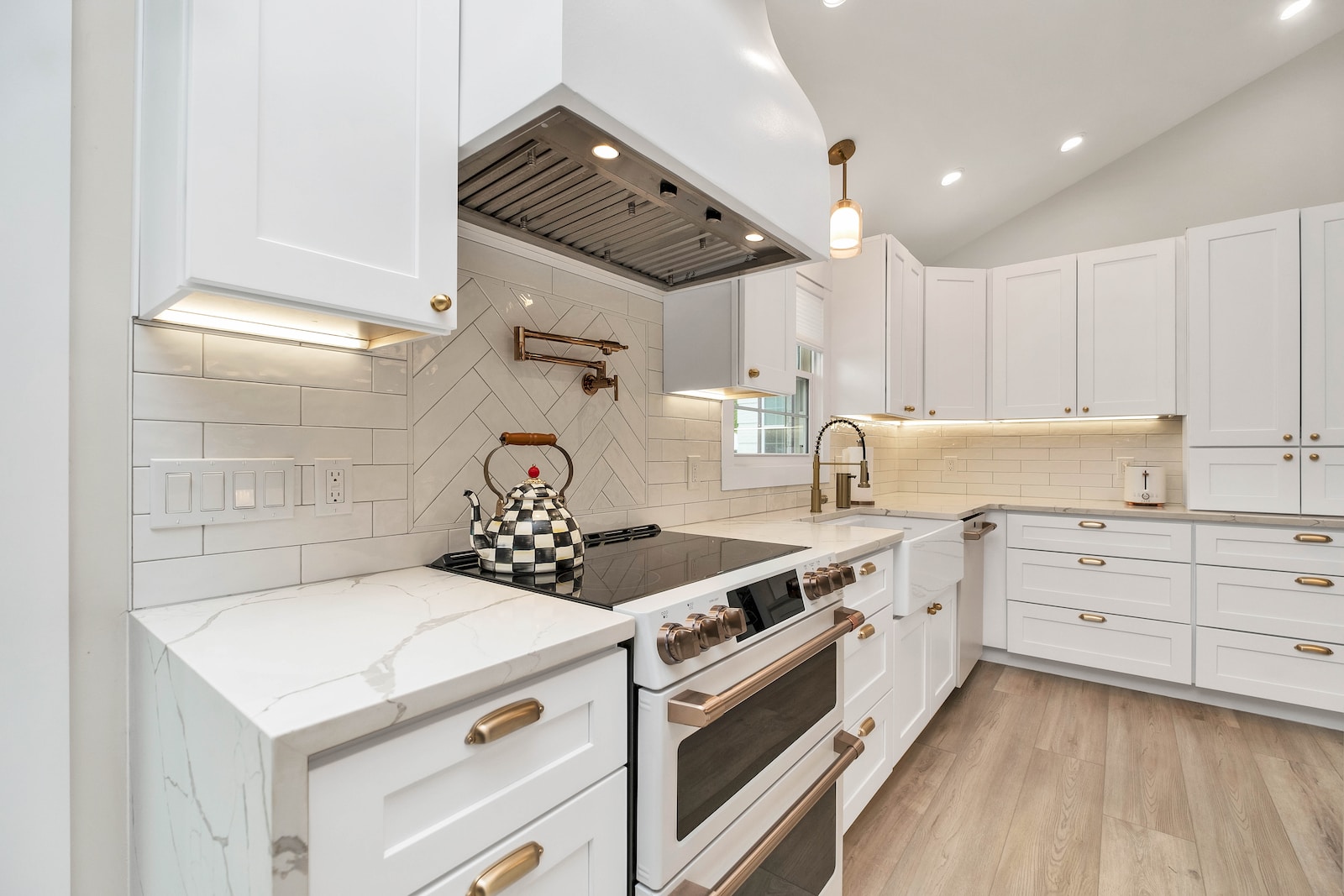
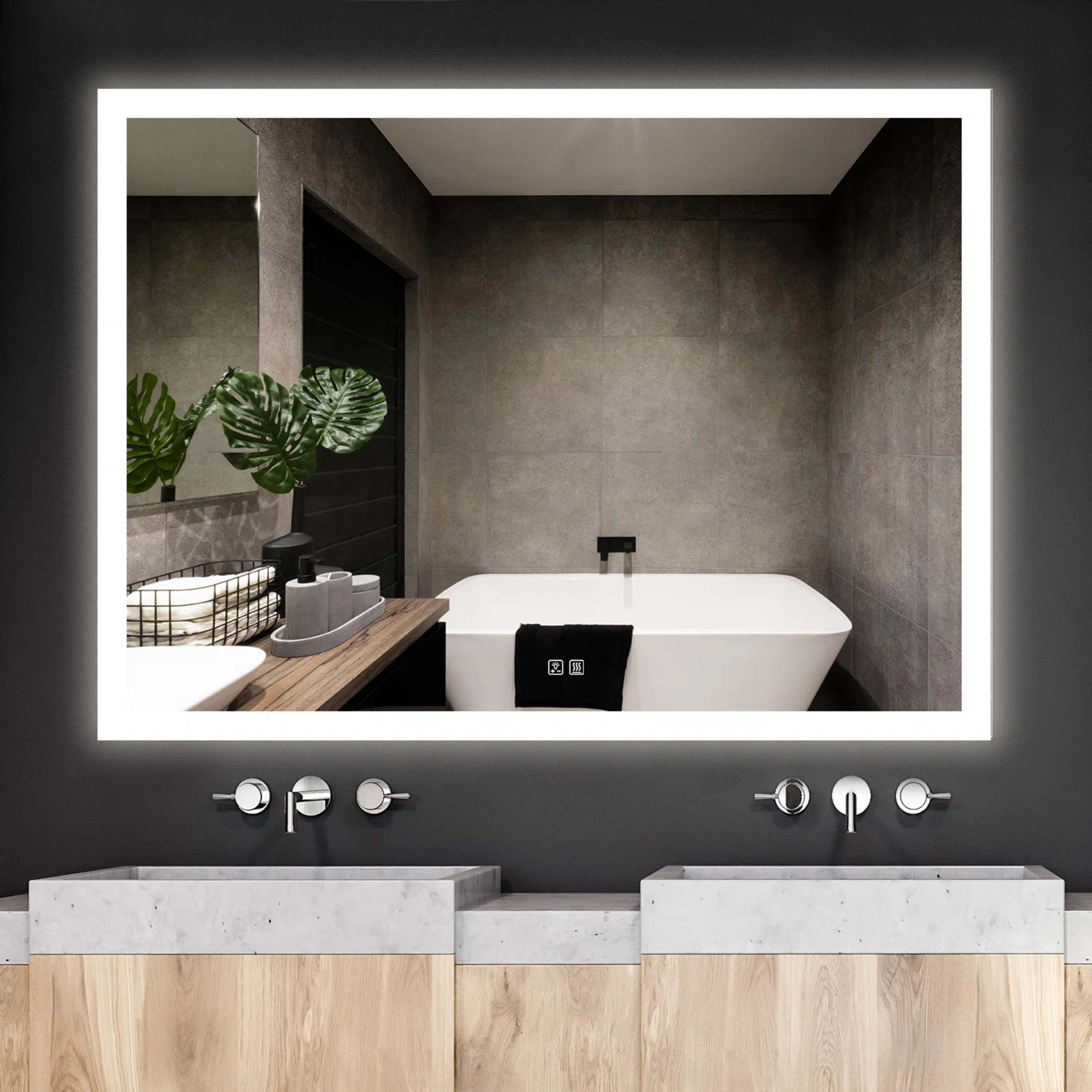


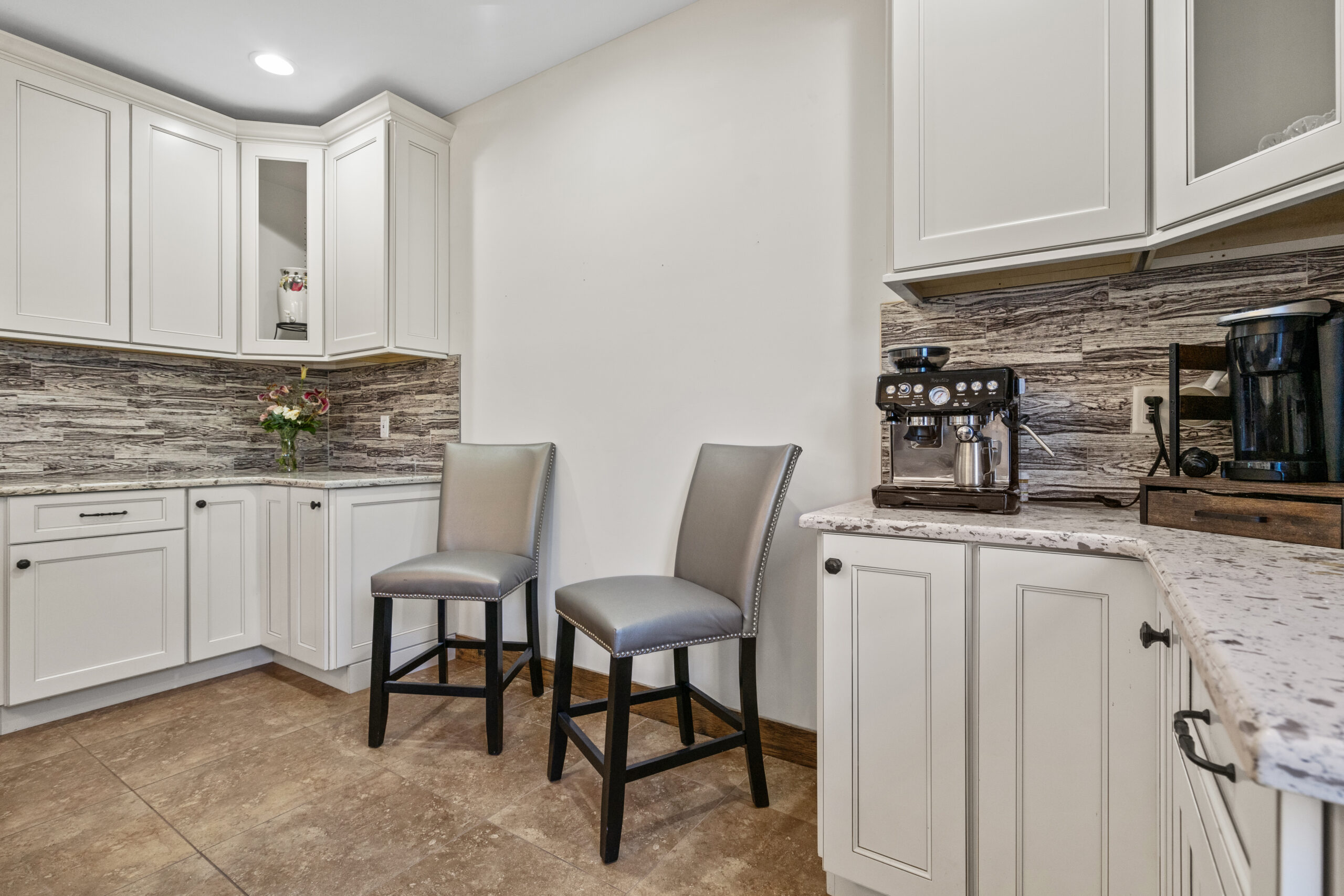
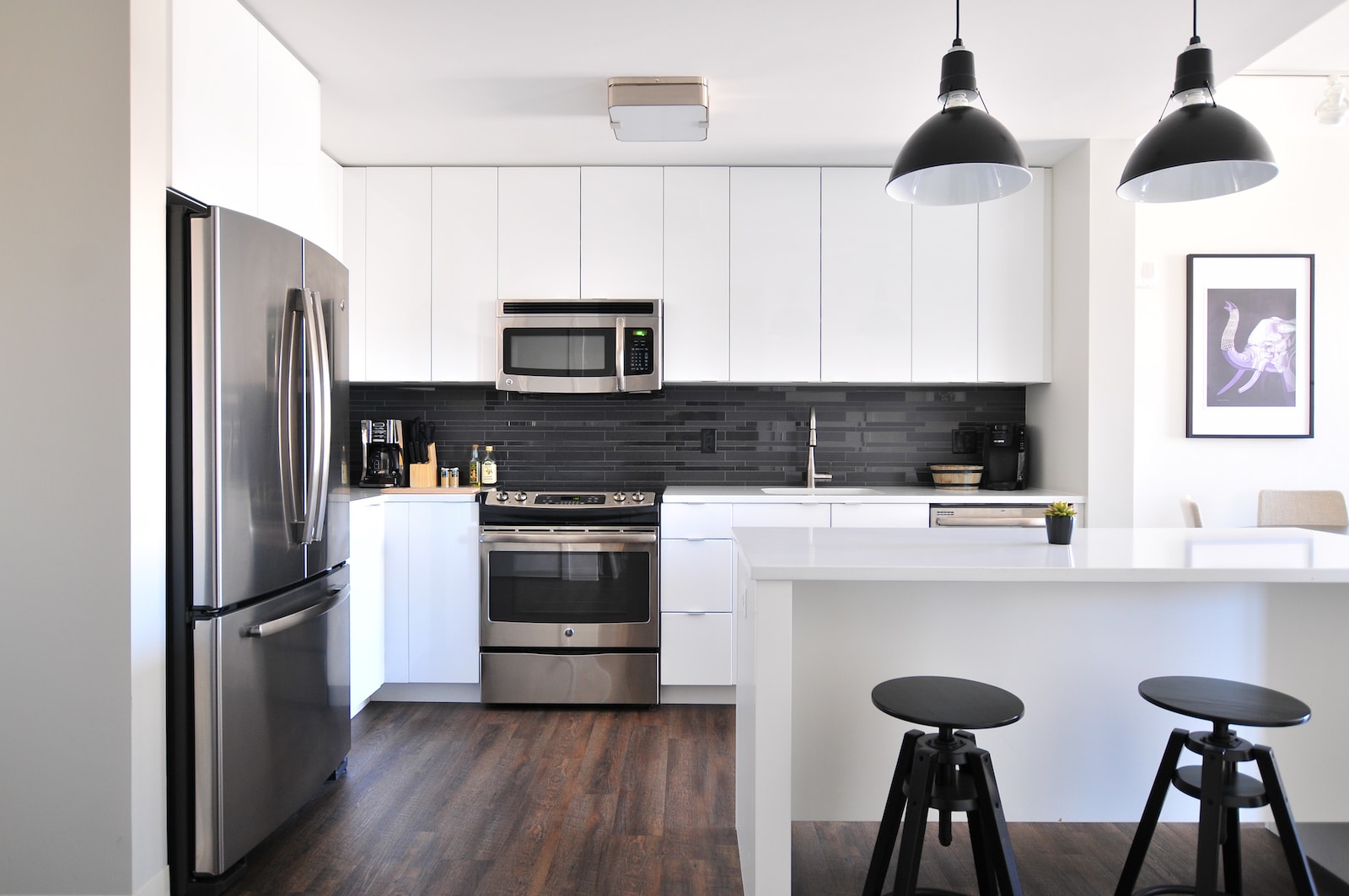

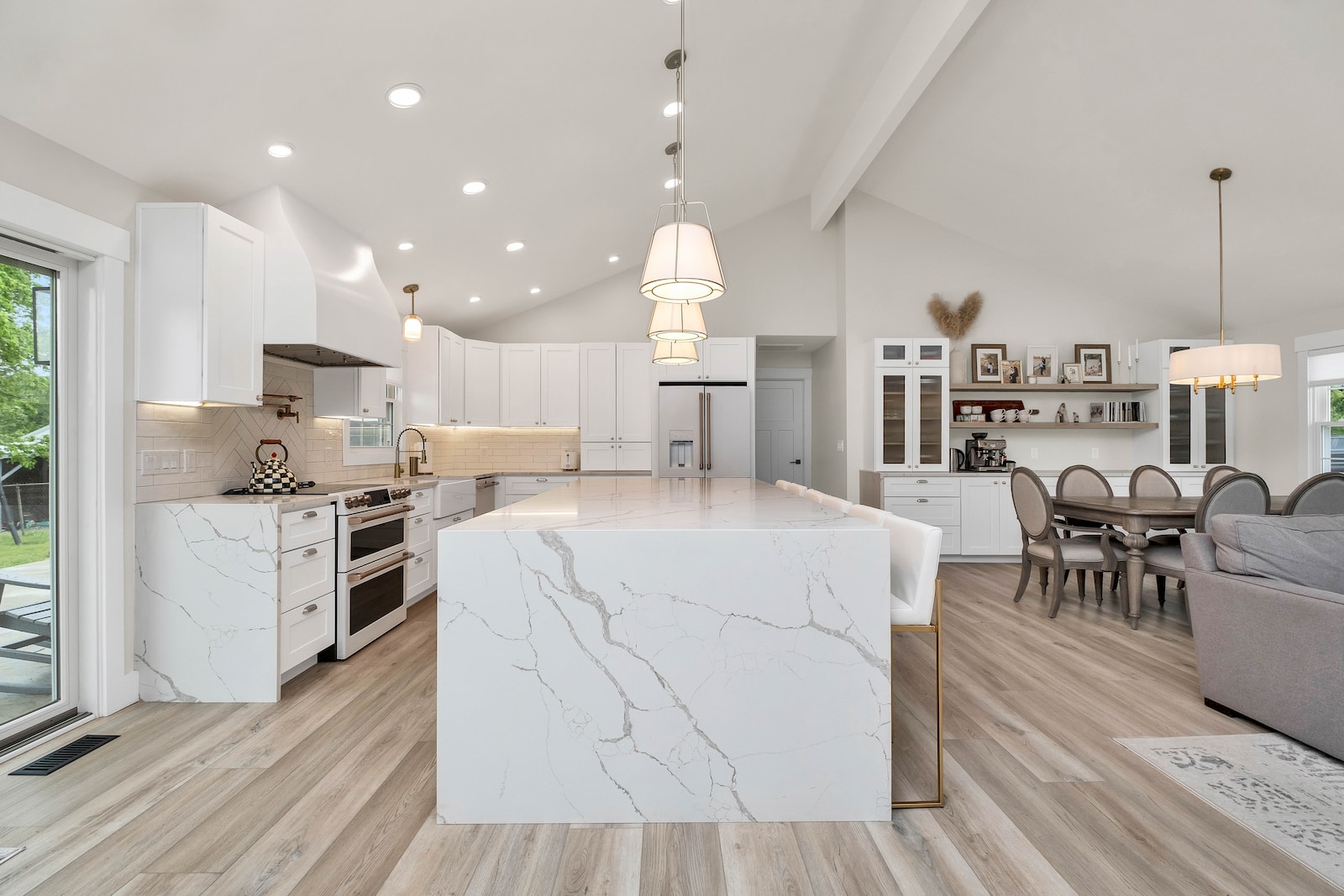

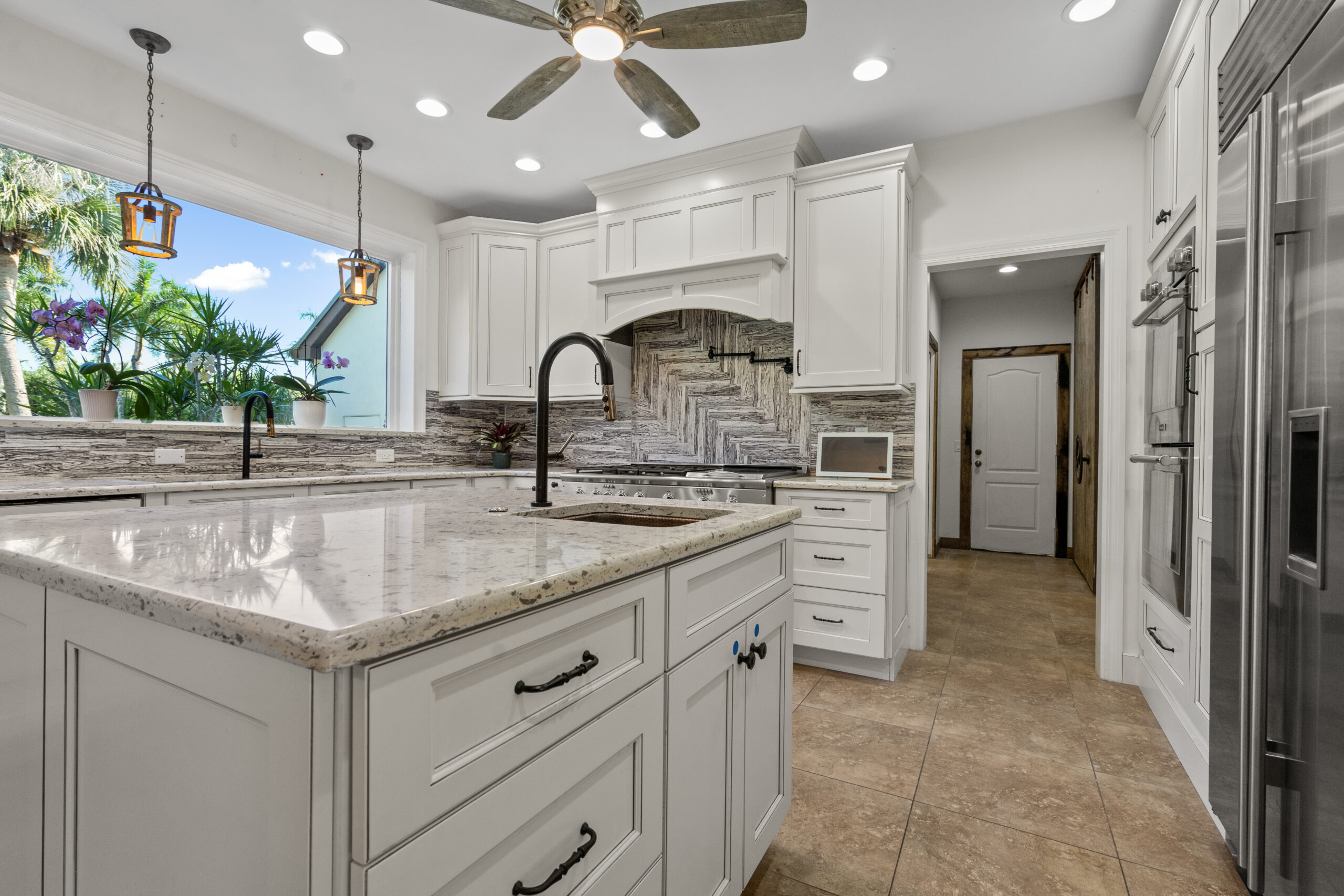
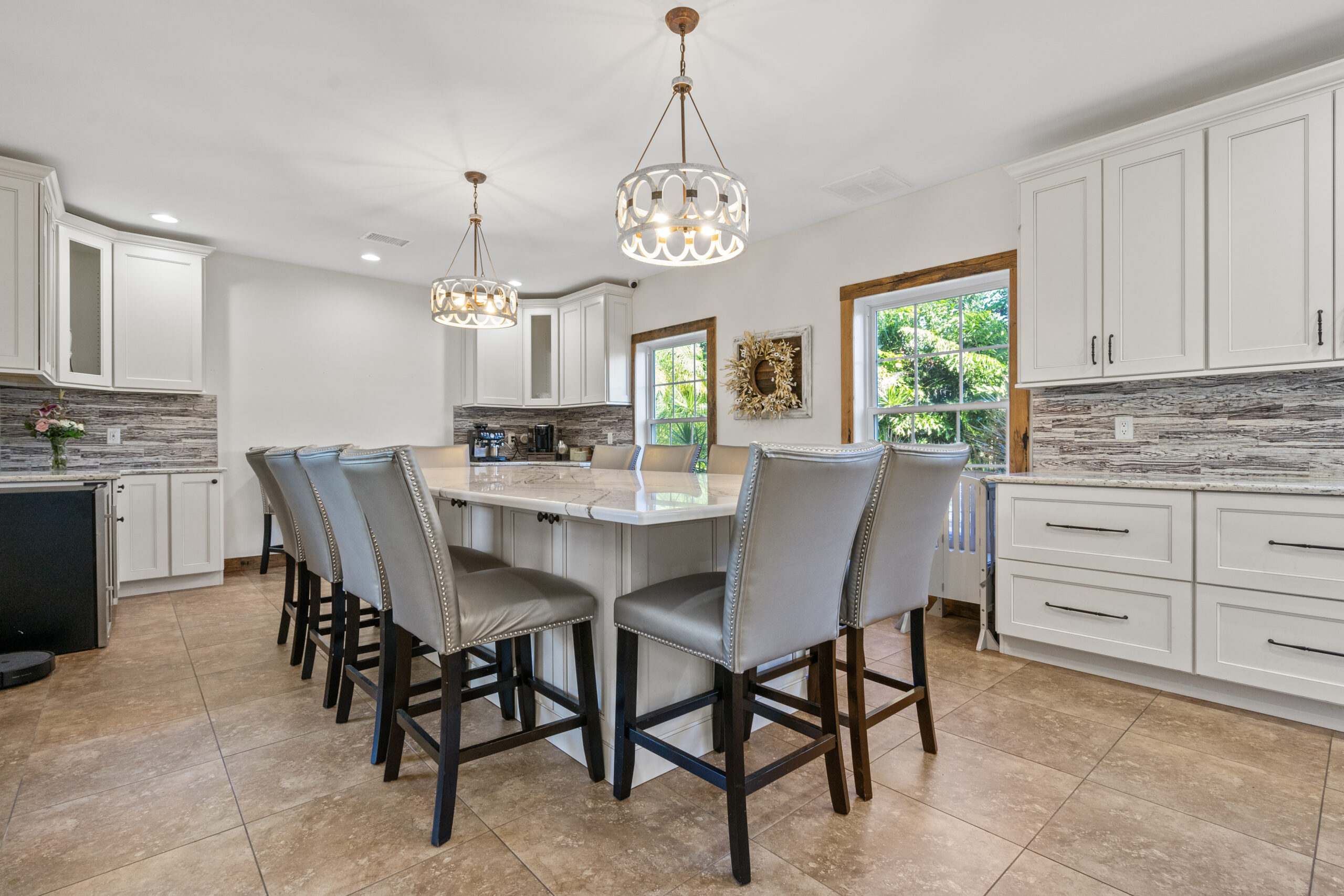

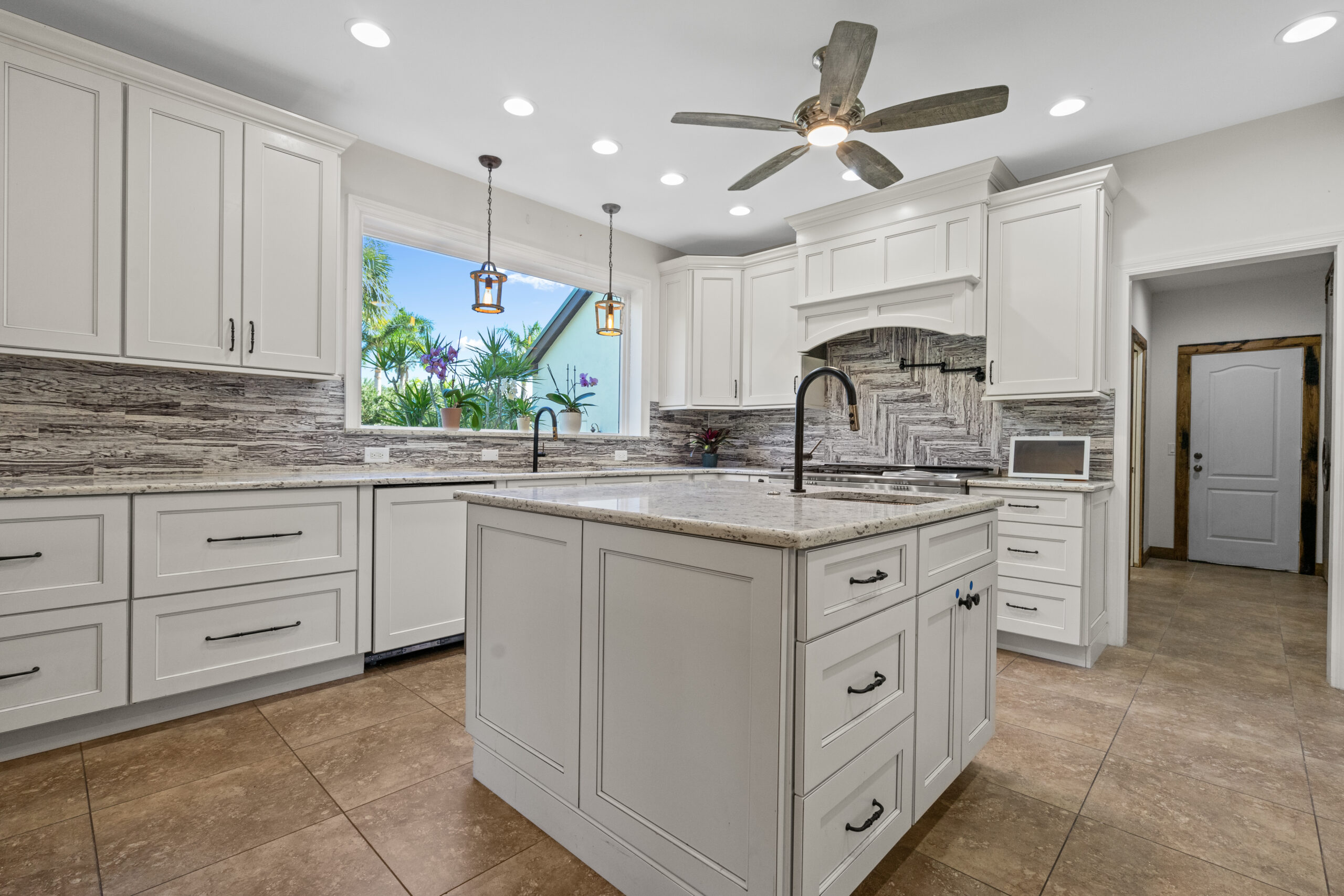
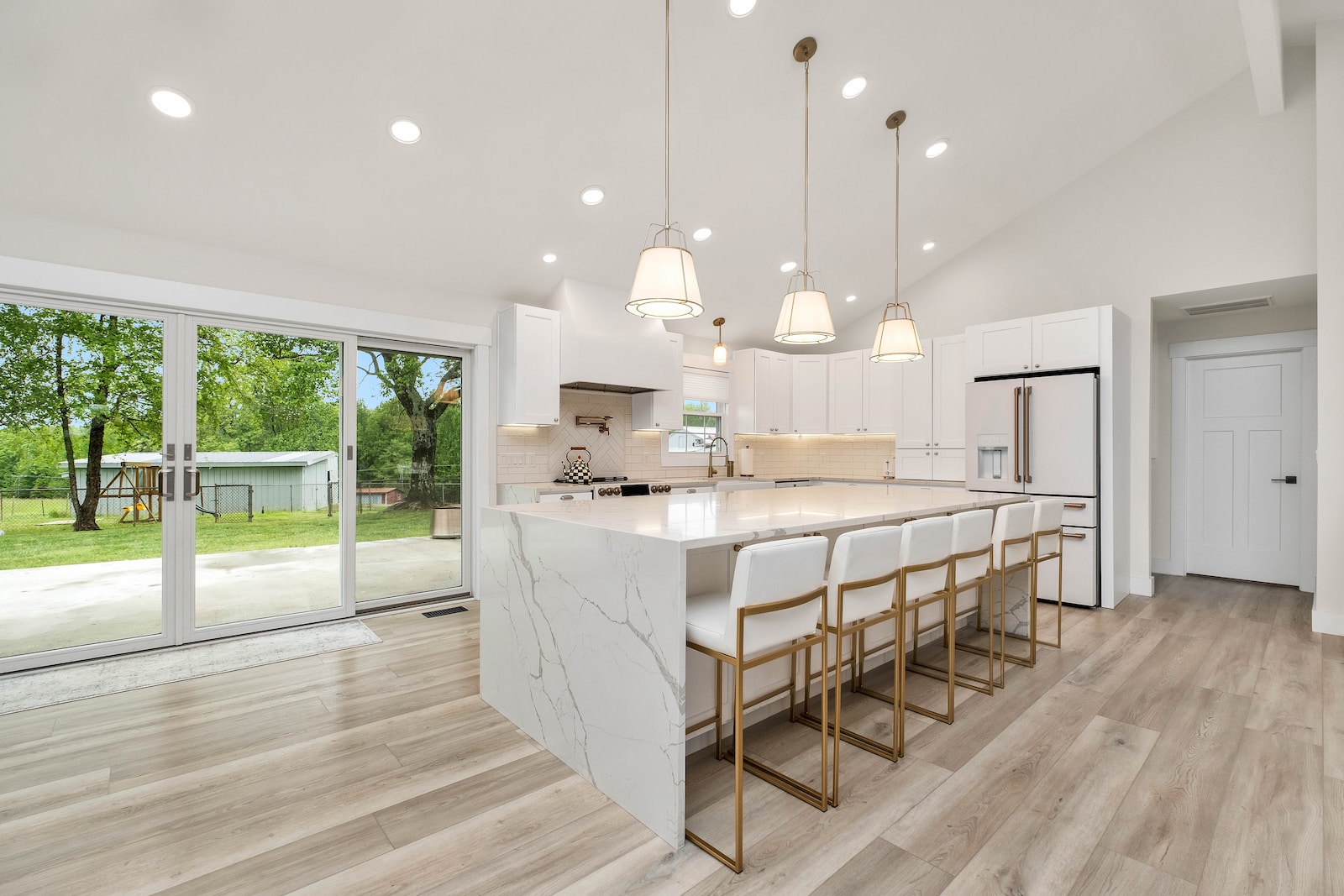




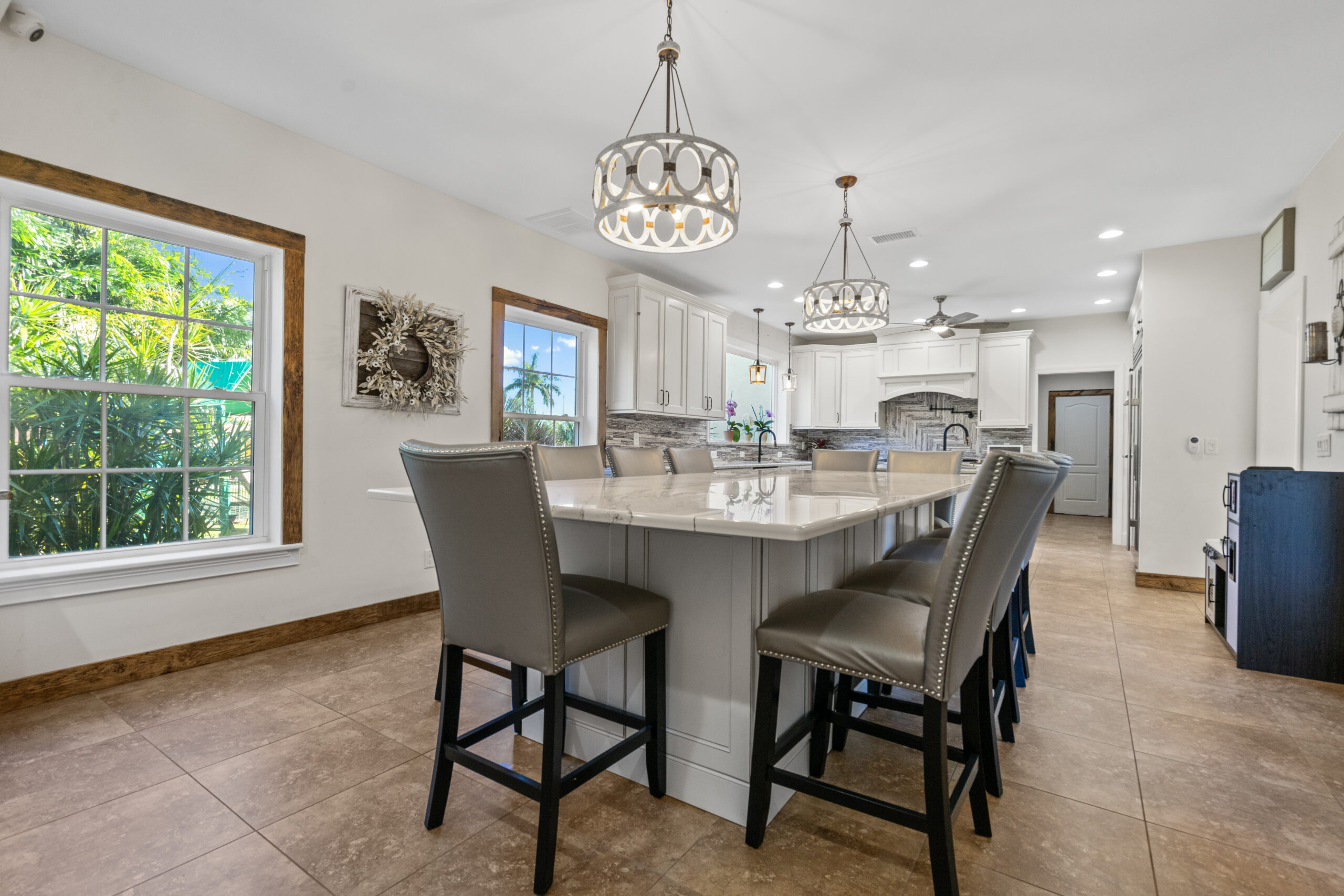
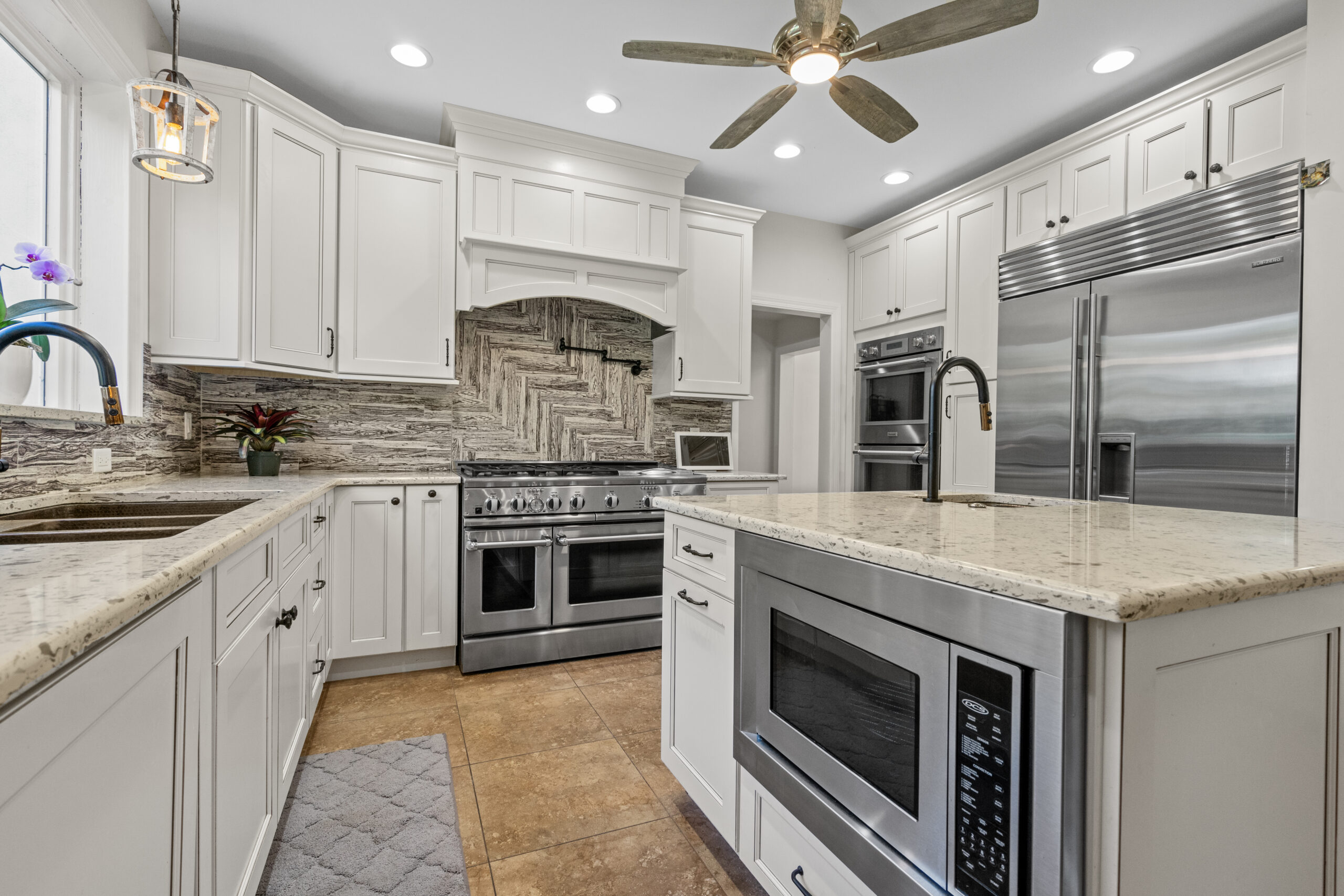
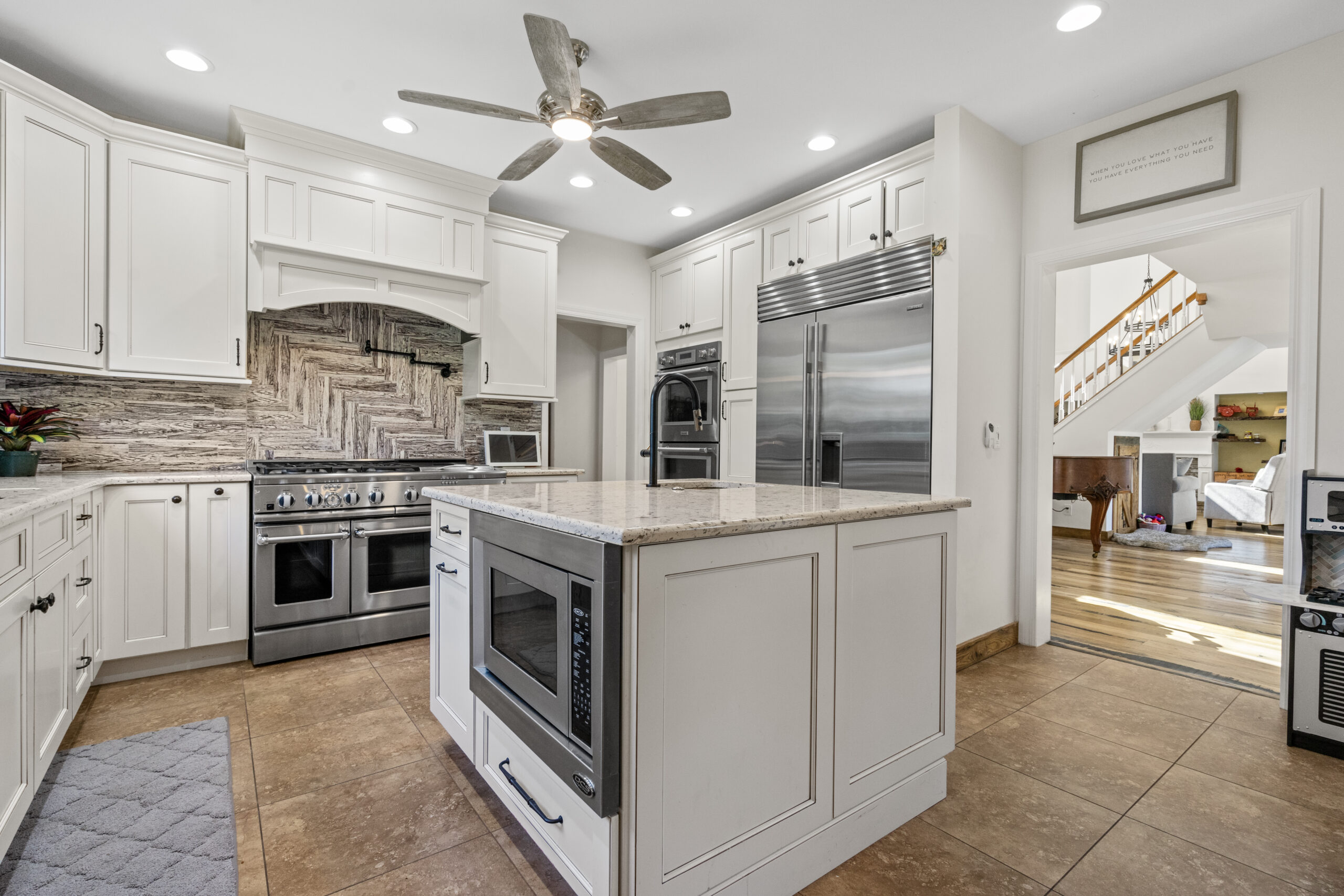
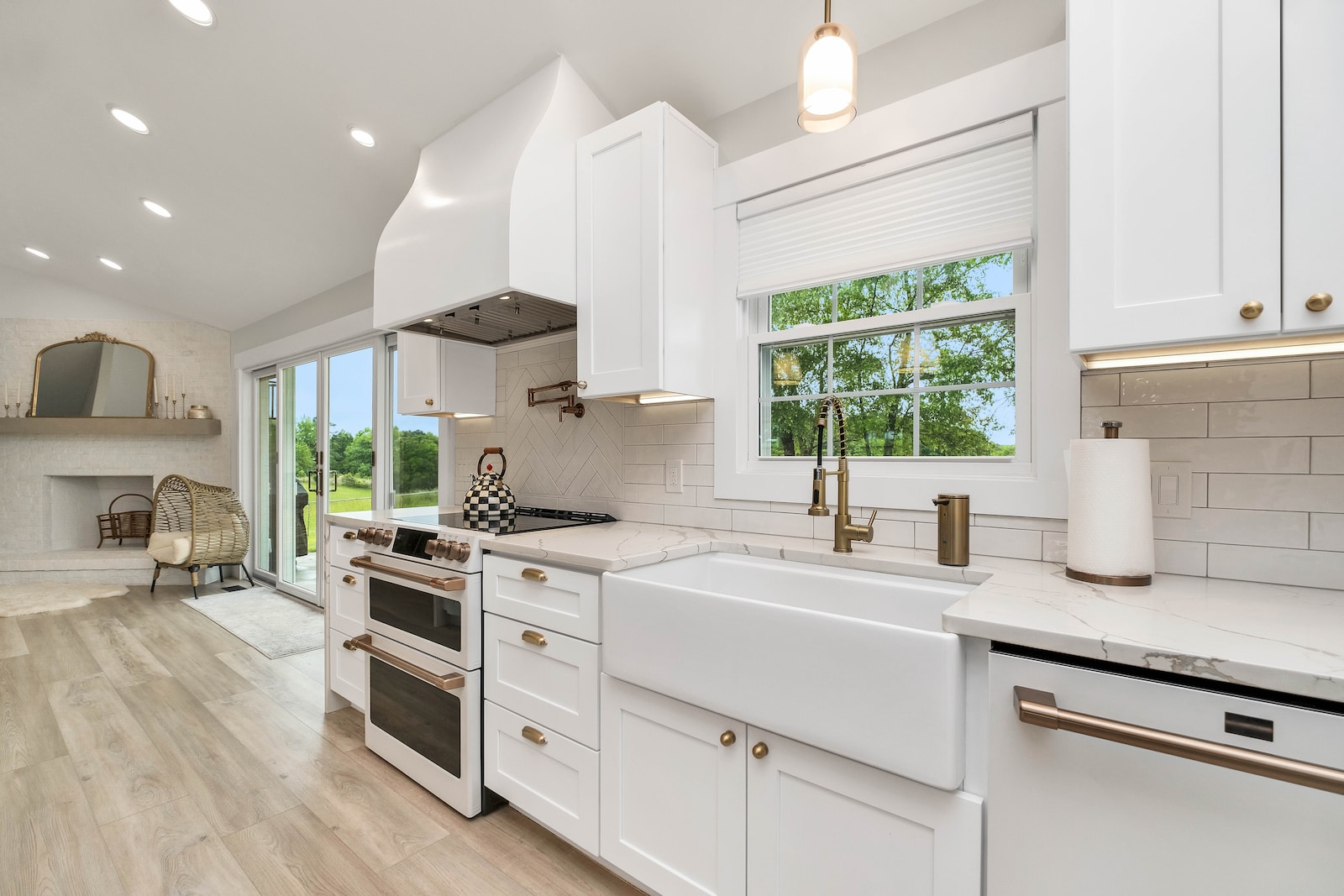
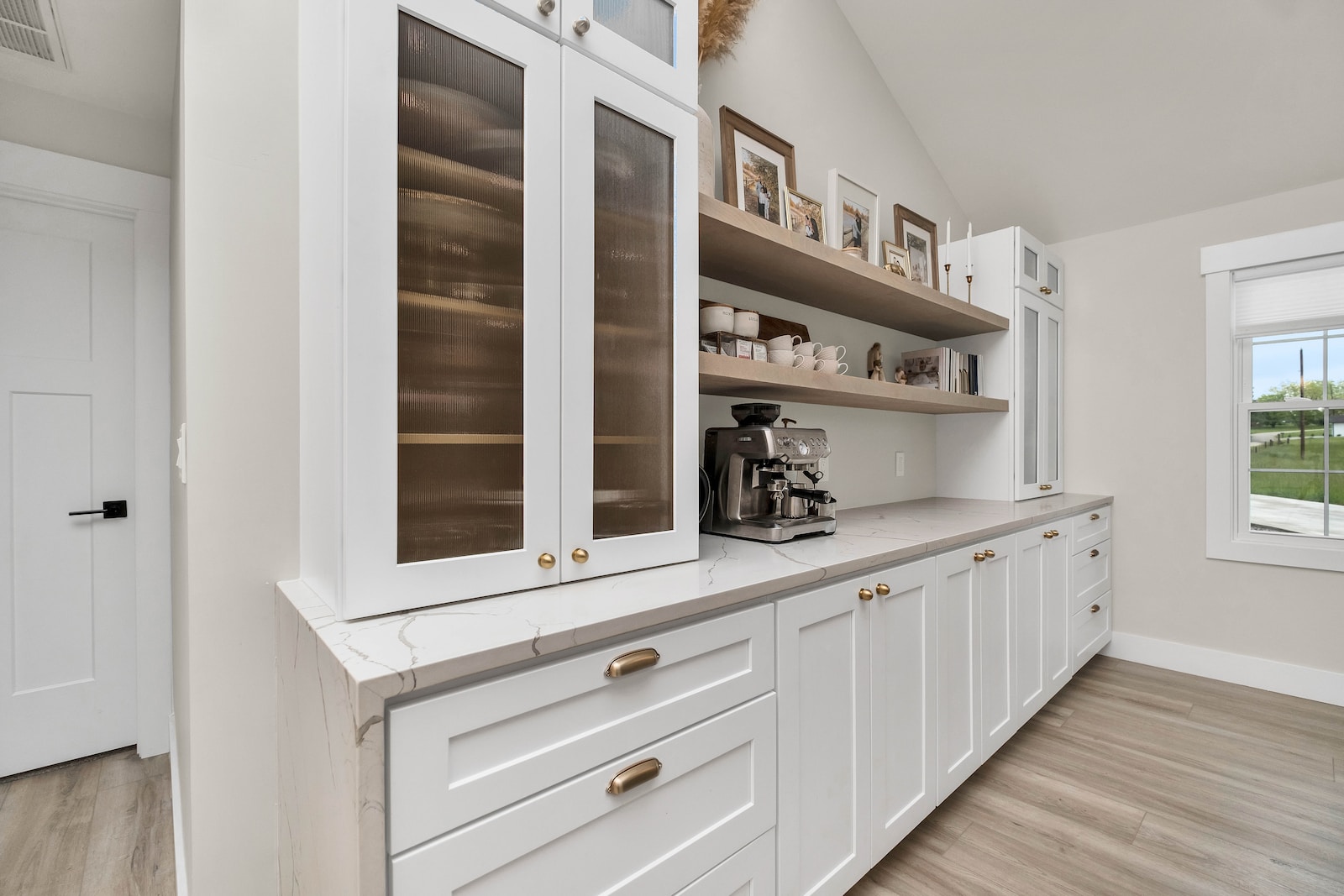
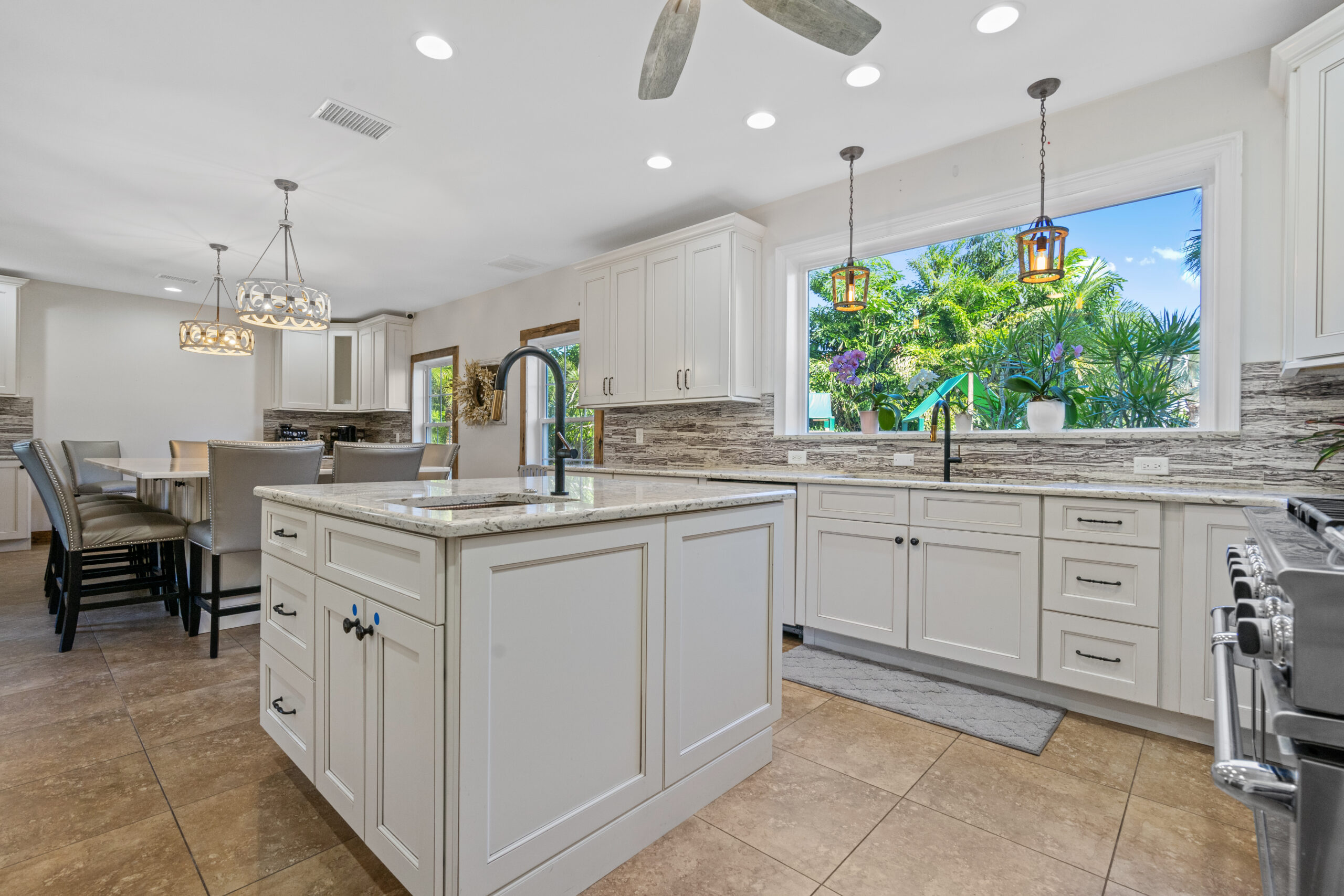
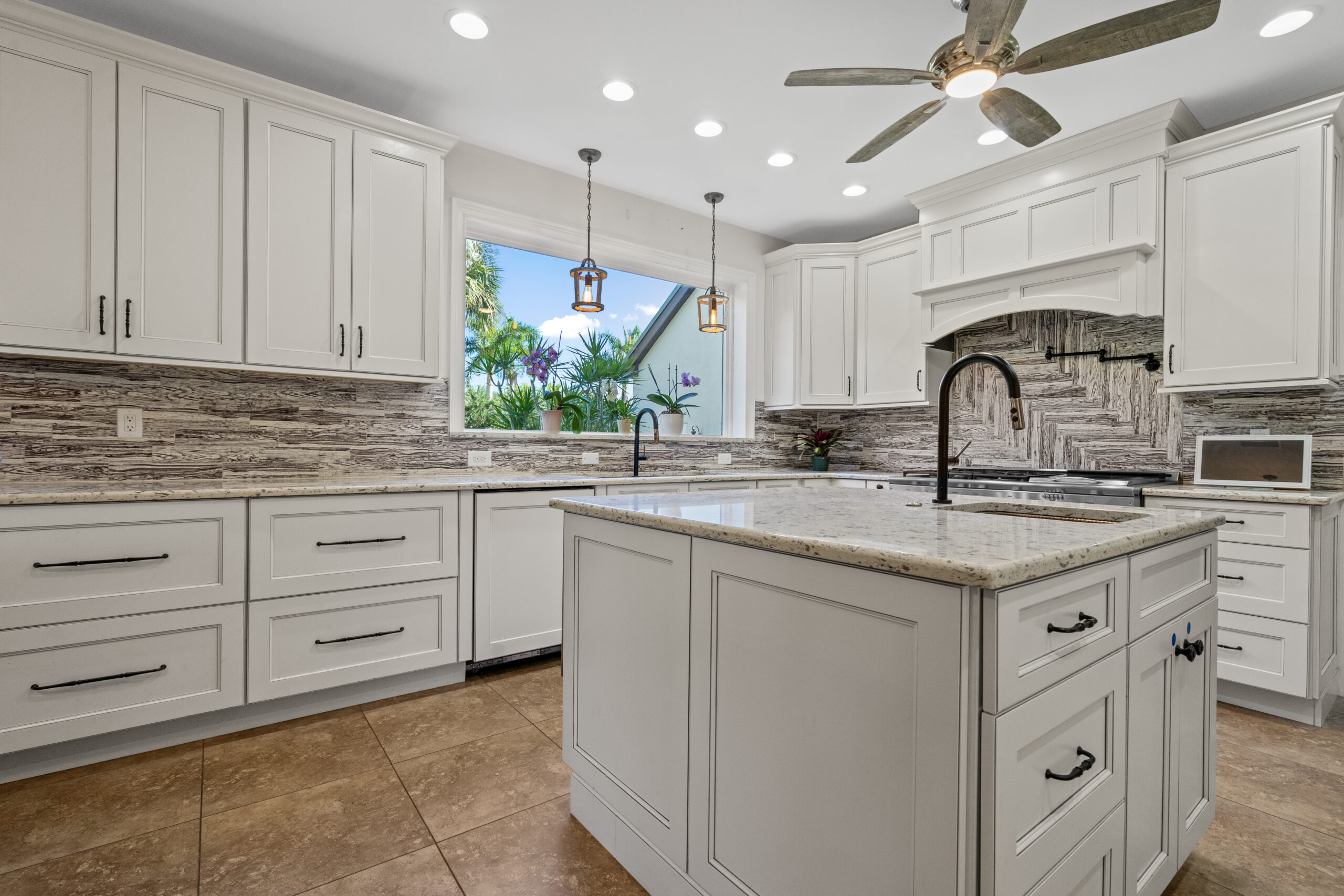
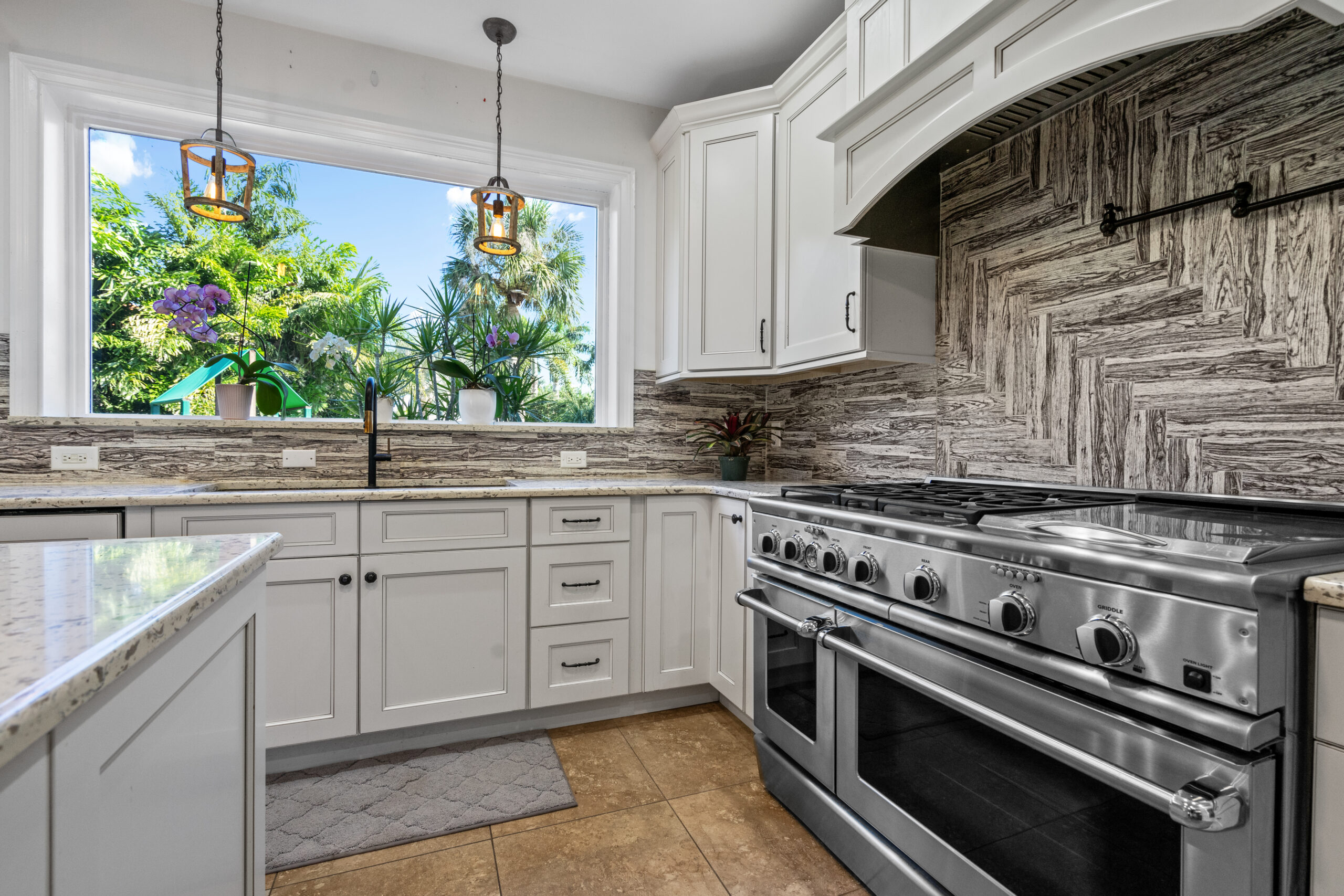
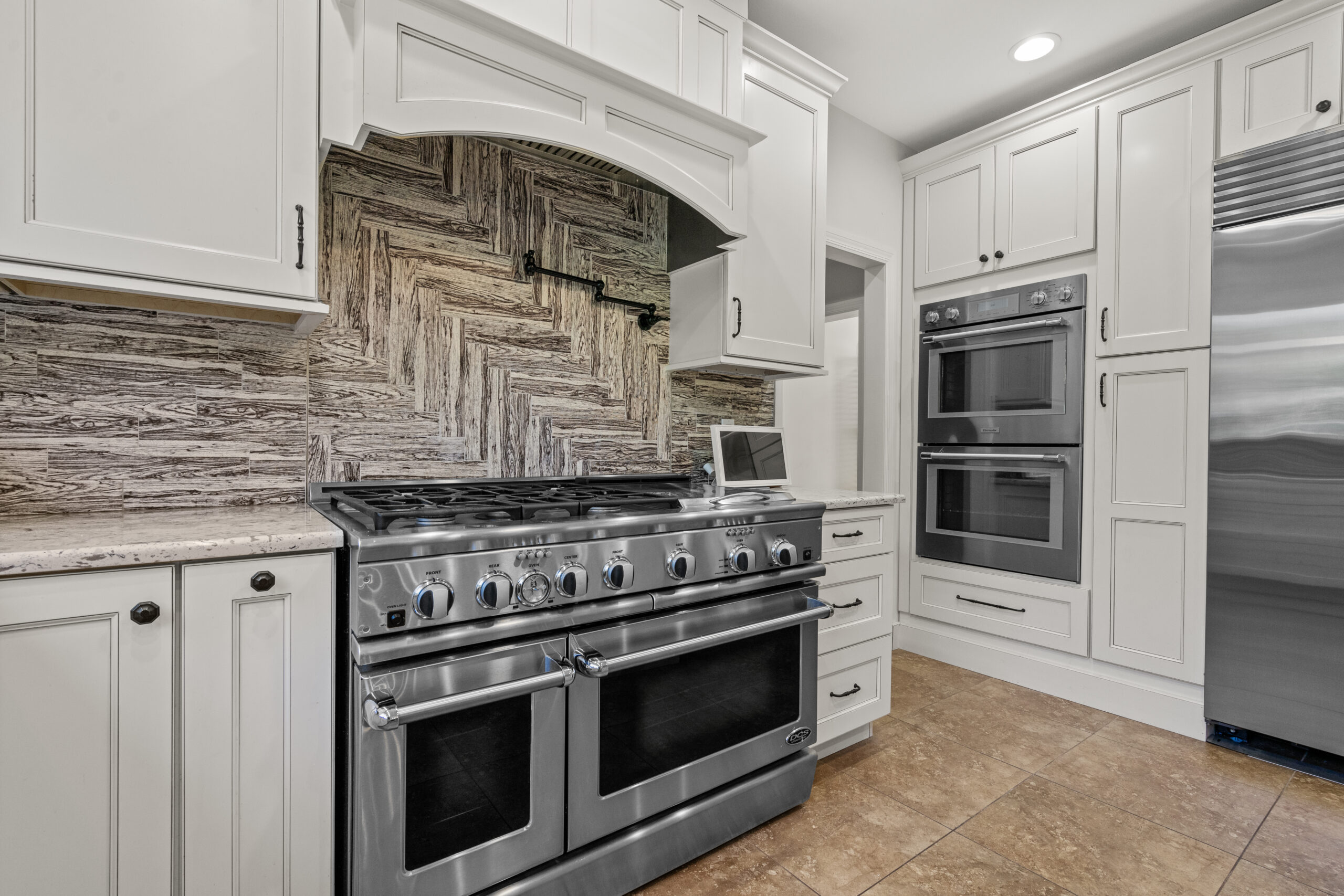
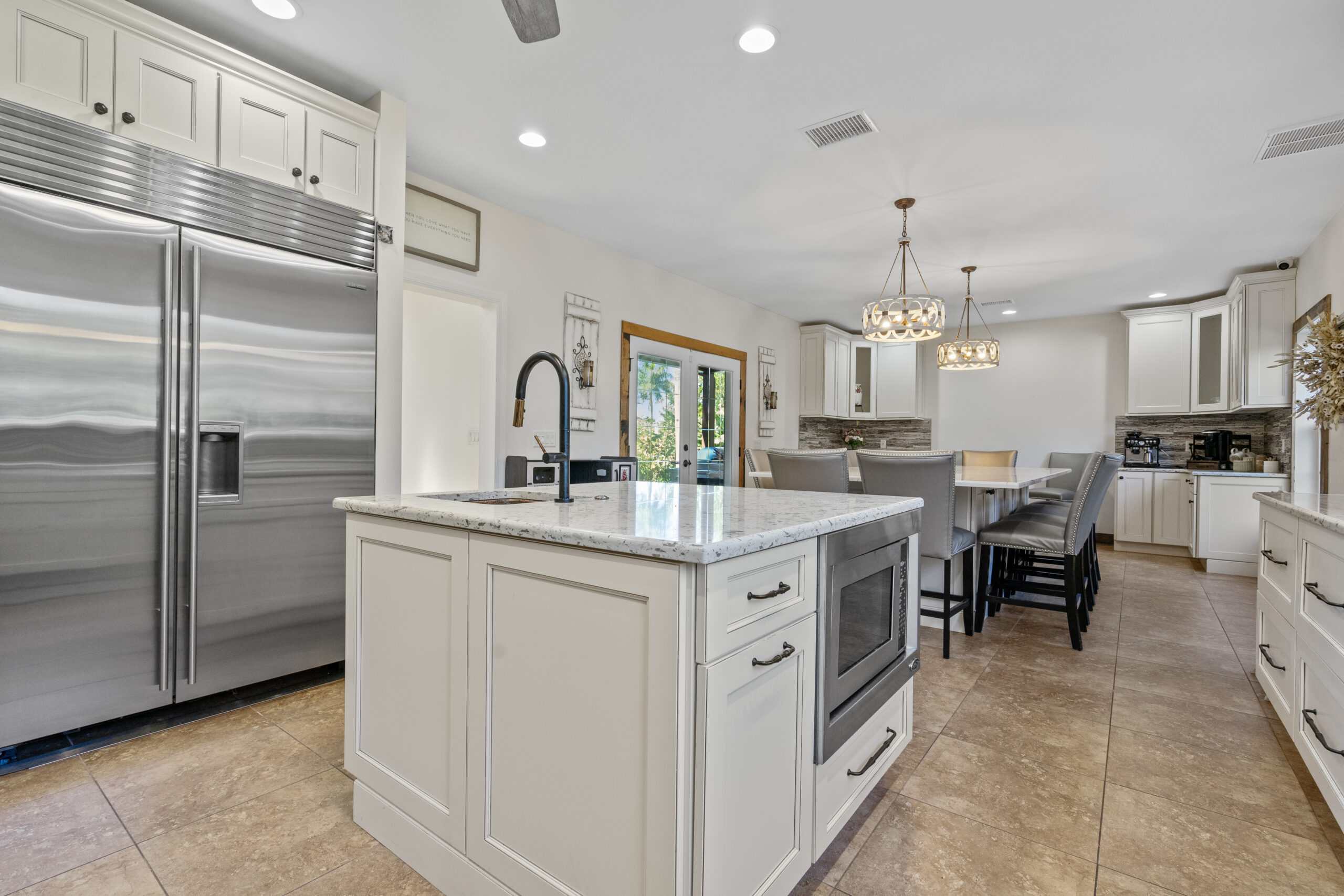

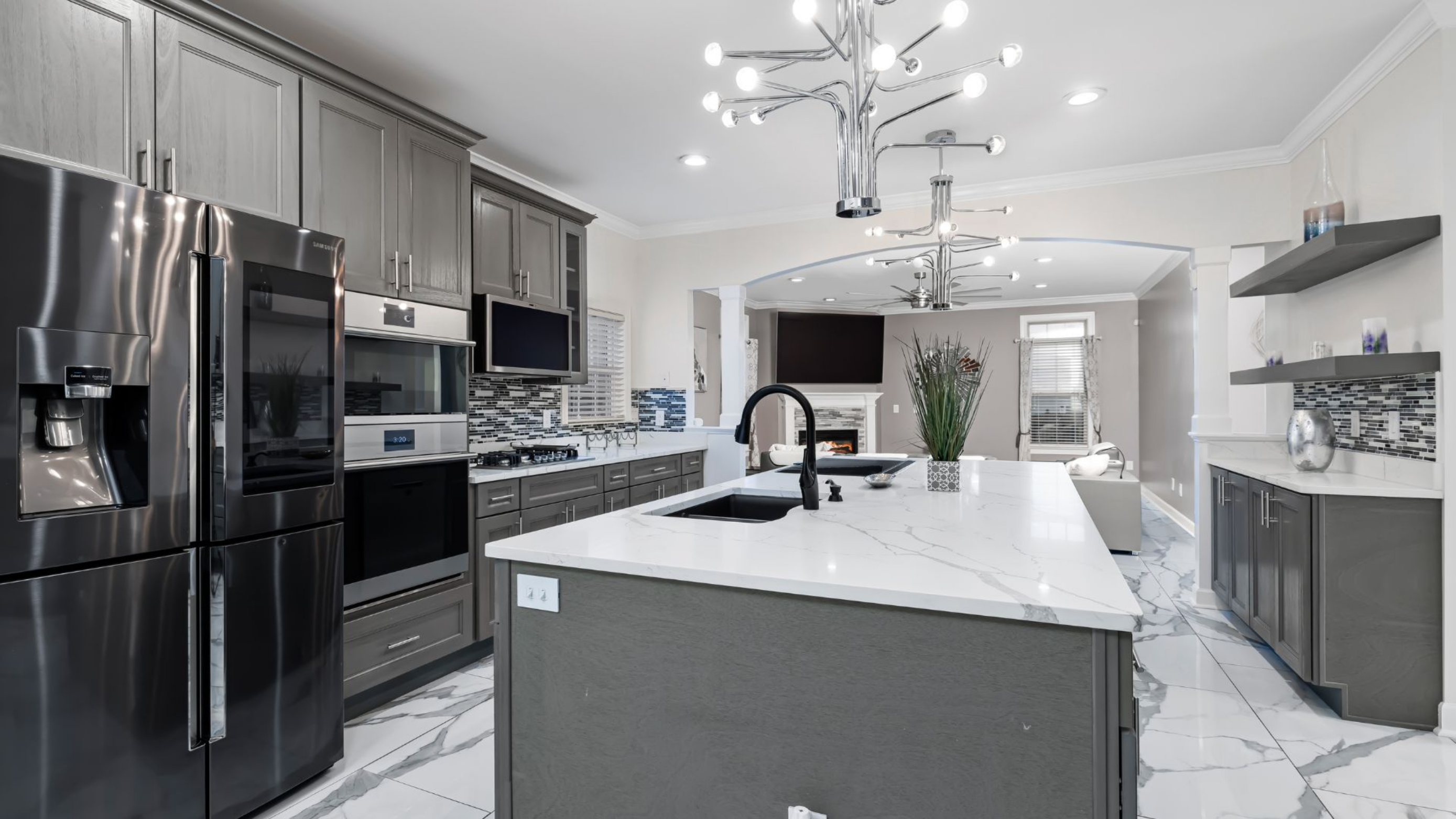

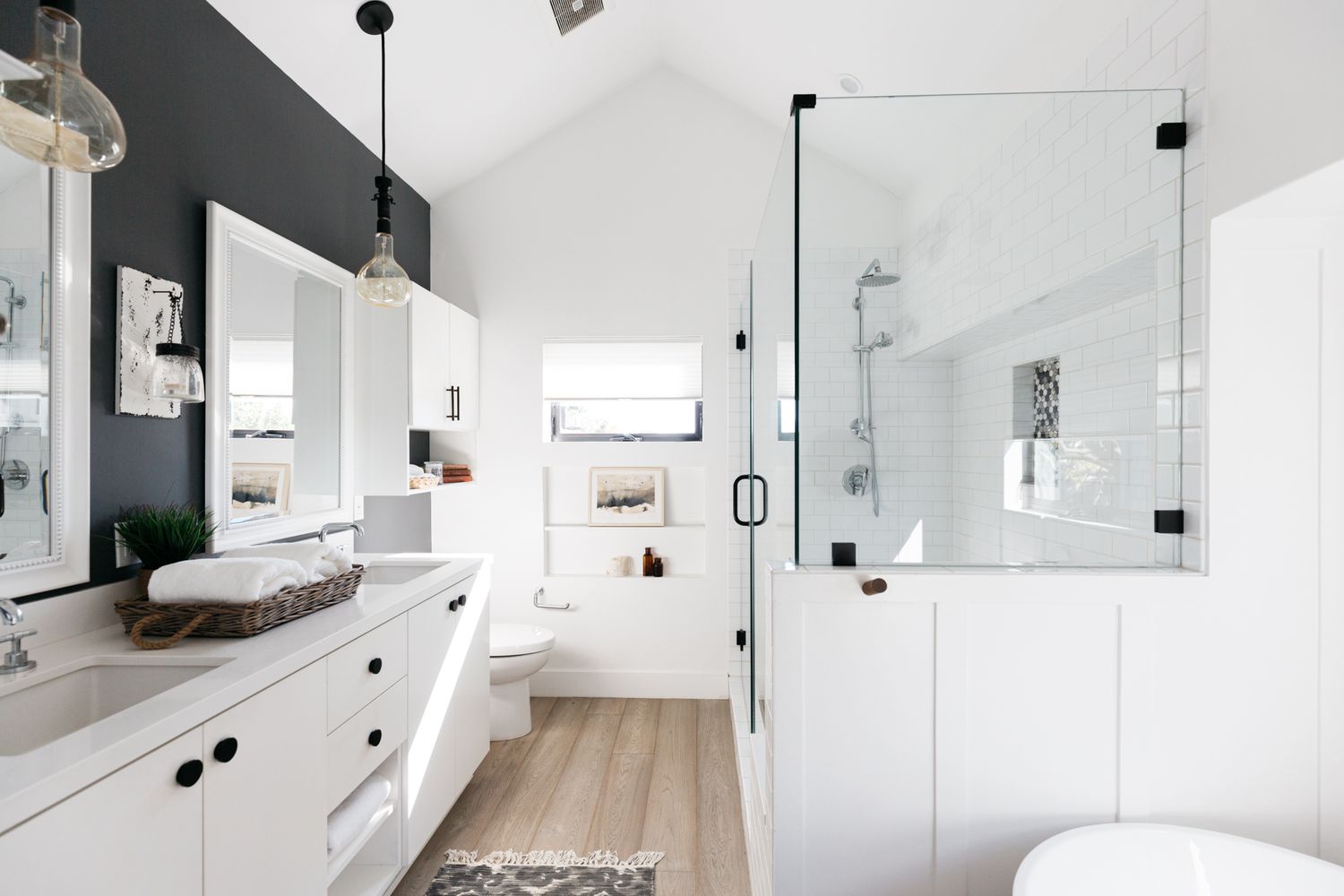
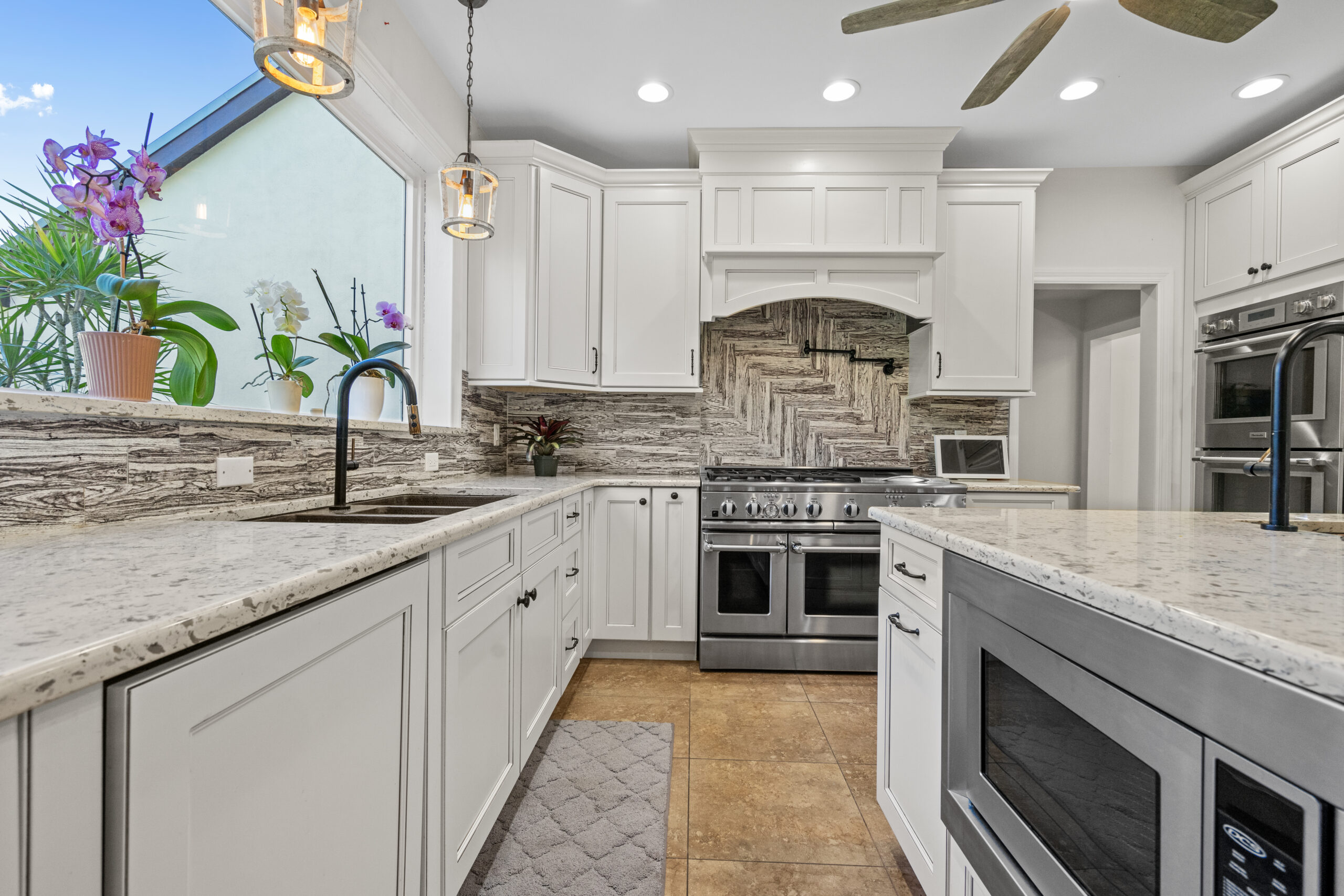
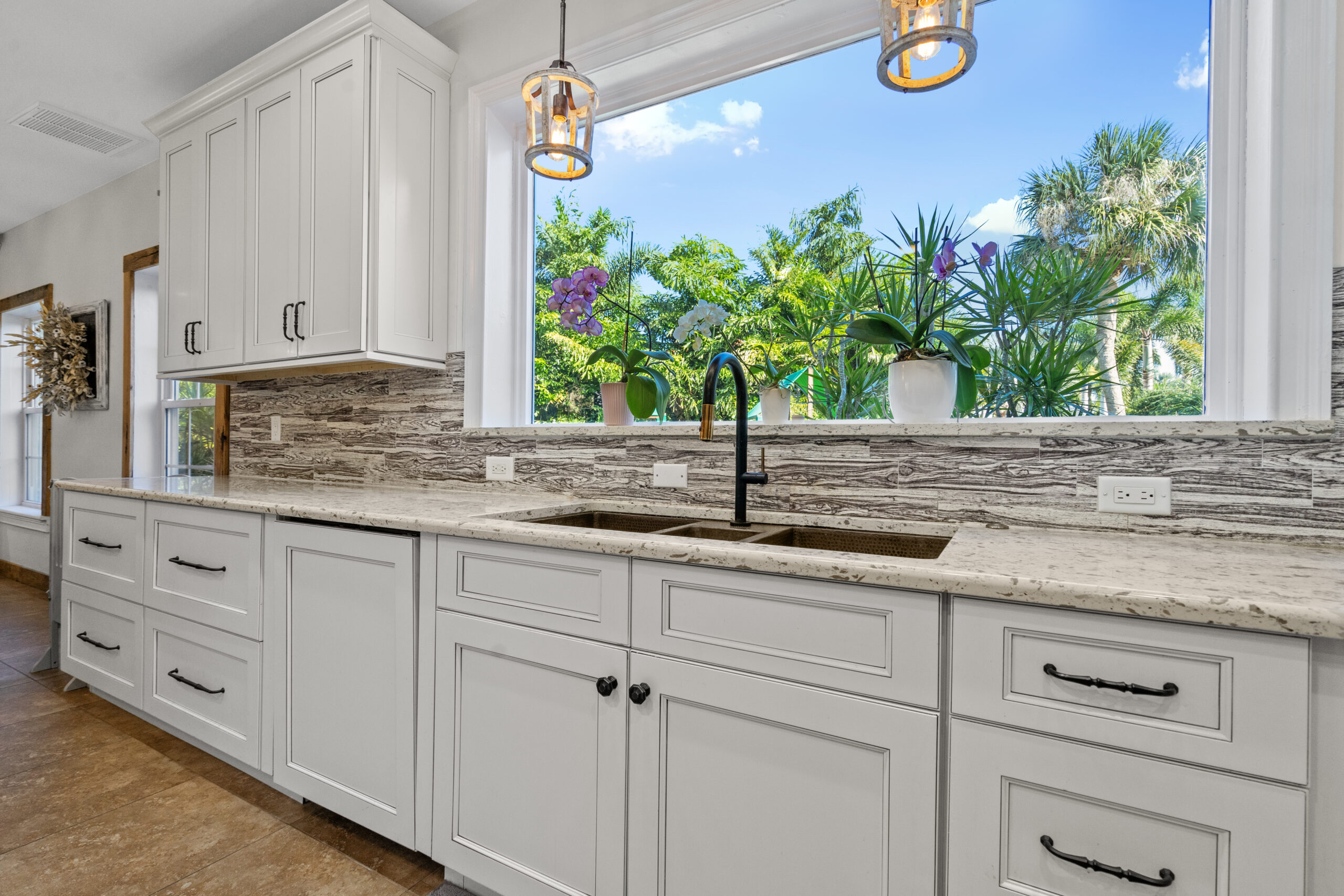

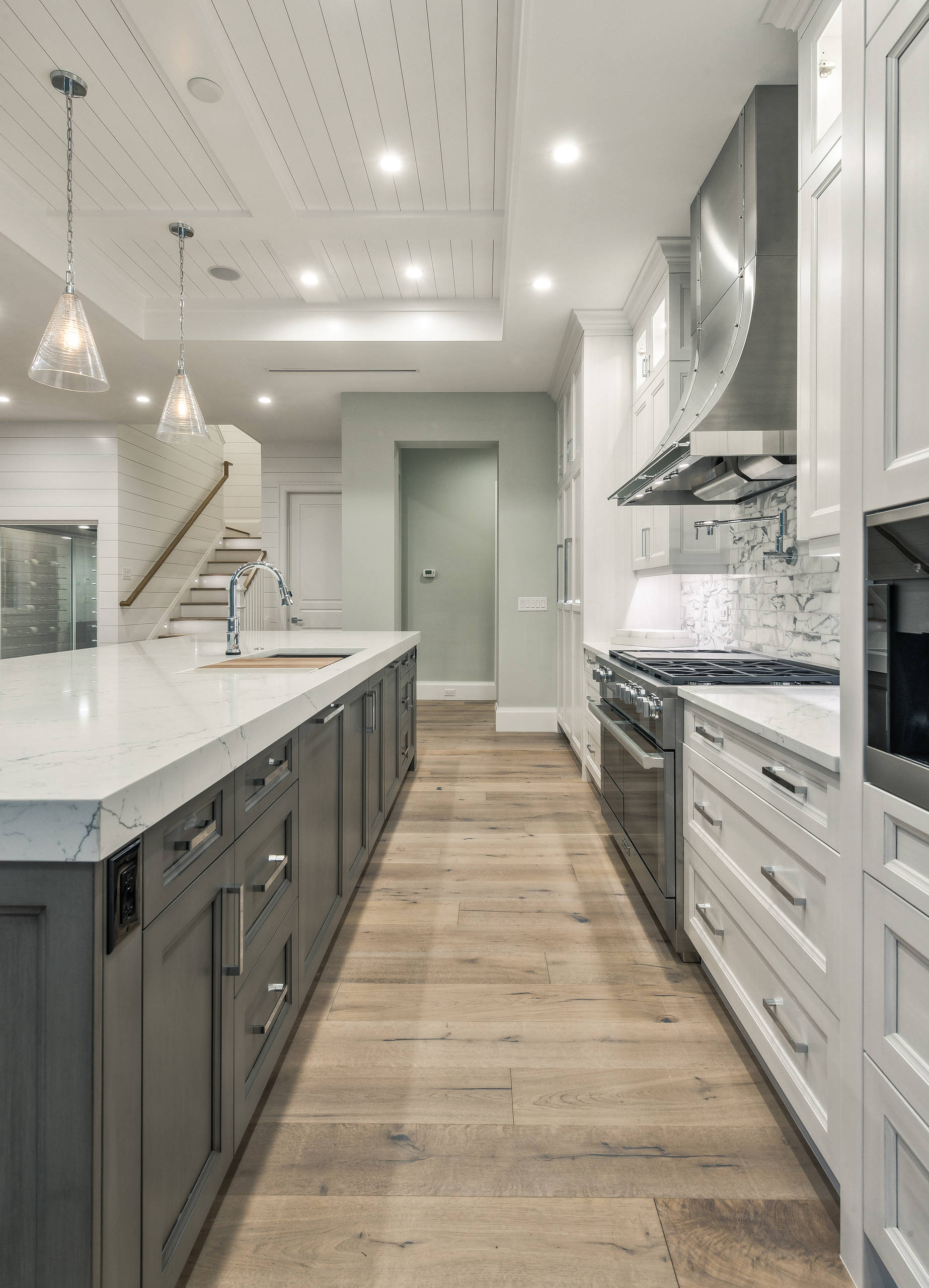
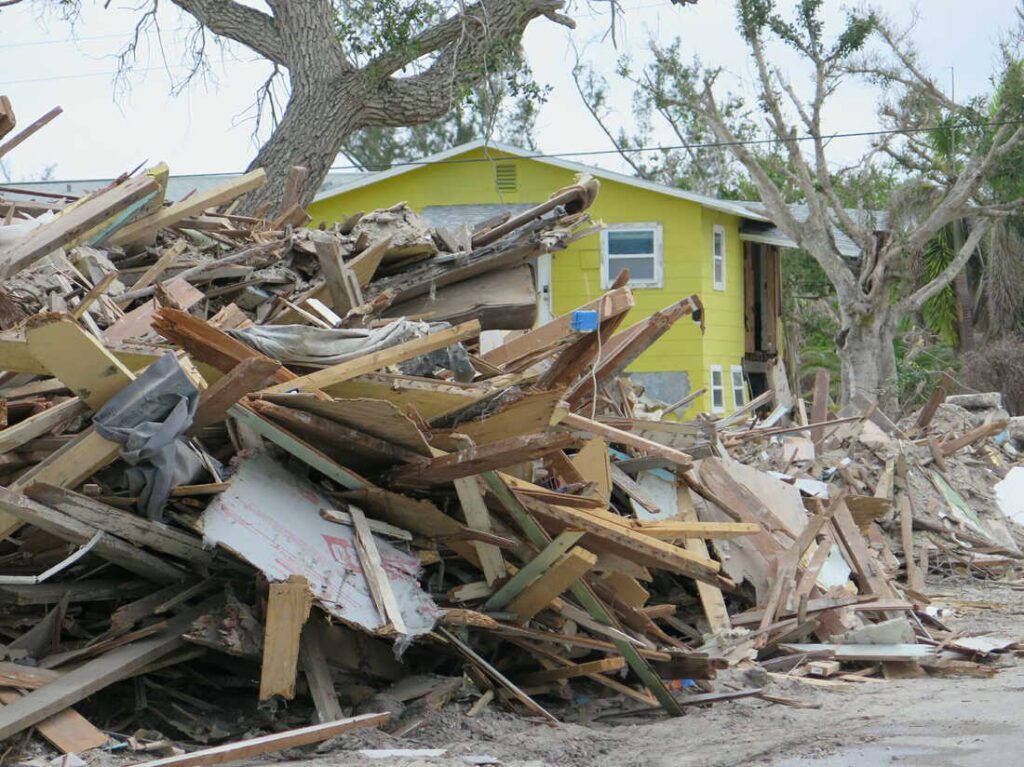
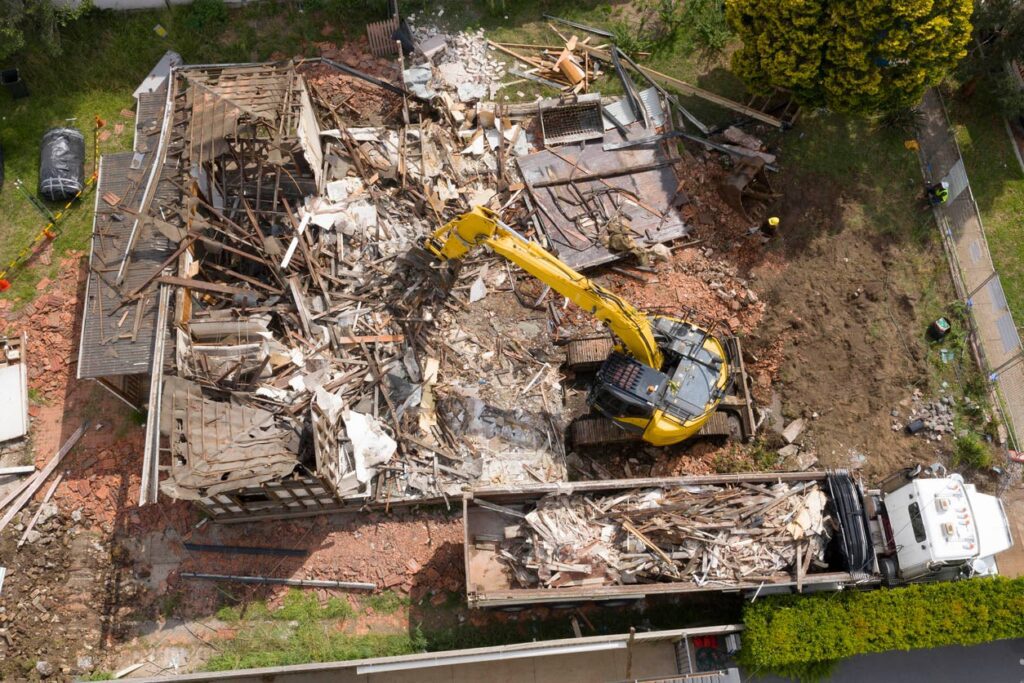
Reviews
There are no reviews yet.